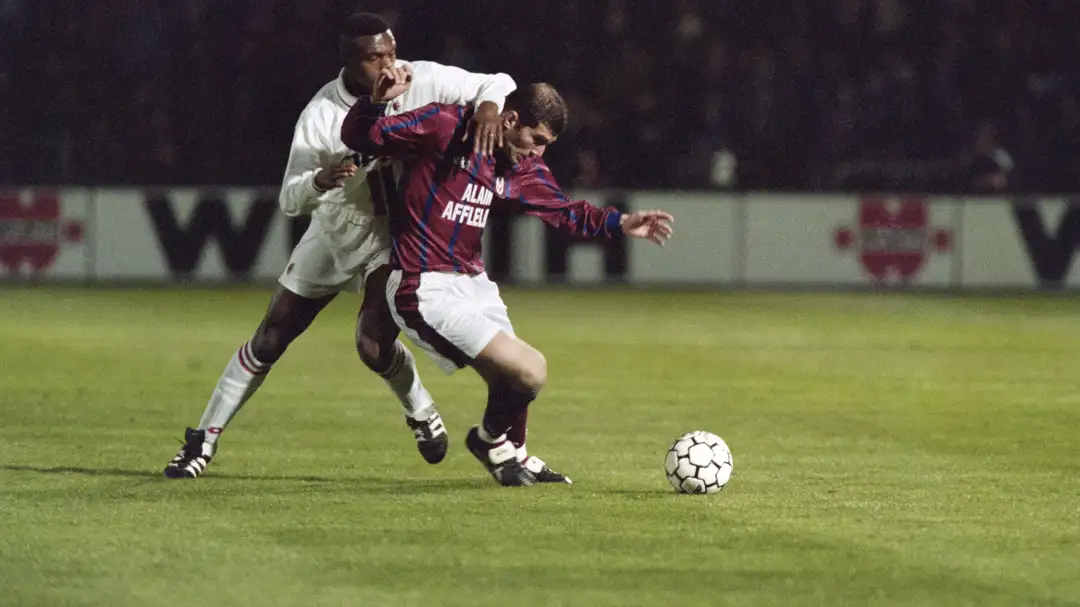
Phoenix Rising in Bordeaux: Can Private Equity Reignite a Fallen Giant?
How Private Equity Could Turn the Ashes of Bordeaux Into a Modern Football Revival
There was a time when Bordeaux was synonymous with French footballing excellence. The name conjured images of Zinedine Zidane’s effortless grace, of title-winning nights at the Chaban-Delmas, of a club that stood tall among Europe’s elite. But today, that proud legacy feels like a distant memory. Once a symbol of French football’s sophistication and style, Girondins de Bordeaux now finds itself exiled to the wilderness of France’s fourth tier — the Championnat National 2.
And yet, even in the ashes of failure, there is still a heartbeat. Beneath the dust of mismanagement and financial ruin lies one of the most structurally sound and culturally rich clubs in European football. The question now being asked — by investors, supporters, and football romantics alike — is whether private equity can play the role of savior. Could smart financial strategy and disciplined governance spark a phoenix-like rise from the ashes?
The Phoenix Strategy: Building Stability From the Rubble
In private equity circles, Bordeaux represents what financiers like to call a phoenix play — a fallen asset with strong fundamentals and high emotional value that can be rebuilt for long-term success. The club’s situation reads like a textbook case study. Once among France’s most decorated clubs, with six Ligue 1 titles, four Coupe de France wins, and a European semifinal appearance, Bordeaux’s collapse was not born from a lack of history or talent, but from years of reckless management.
Now, as the 2025/26 season unfolds, the club sits far from its rightful place among France’s elite. But crucially, its foundations remain intact. The 42,000-seat Matmut Atlantique stadium, opened in 2015, is one of France’s most modern arenas. Its youth academy continues to produce elite talent — from Zidane to Aurélien Tchouaméni and Jules Koundé. The fanbase remains as loyal as ever, still filling stands even in the lower leagues. And the city of Bordeaux — a global brand in itself — provides unmatched marketing potential.
The Phoenix Strategy for Bordeaux, then, is simple in theory: acquire a distressed but historically rich football asset, stabilize its finances, and use governance discipline, commercial optimization, and modern analytics to return it to the top flight — sustainably this time.
Why Bordeaux Still Appeals to Private Equity
For private equity investors, Bordeaux ticks every box that defines a high-upside turnaround opportunity. The city, the fans, the infrastructure, and the global appeal create a fertile ground for both financial and sporting growth.
1. Location & Brand Synergy:
Bordeaux is not just a city — it’s a global luxury brand. The world associates it with fine wine, sophistication, and culture. That synergy offers huge potential for cross-industry marketing and sponsorship opportunities. Think of what Venezia FC did by connecting its local heritage with global fashion and tourism appeal; Bordeaux could do the same, but on a grander scale.
2. Loyal Fanbase:
Despite their team’s struggles, Bordeaux supporters have remained remarkably loyal. Attendance figures above 25,000 were recorded even during the club’s stint in the third tier. This resilience signals a fan culture that can sustain long-term commercial initiatives — from memberships and matchday revenues to global merchandise campaigns.
3. Legacy Value:
Bordeaux’s history still carries weight. Six domestic titles and decades of European pedigree give it the prestige investors can build upon. Legacy, in football, is an intangible asset that money cannot easily buy — but private equity can leverage it effectively when restoring a brand’s emotional connection with its fanbase.
4. Infrastructure:
The club’s modern stadium and training facilities provide a ready-made foundation for top-tier football. Unlike many distressed clubs, Bordeaux doesn’t require major capital expenditure to become competitive again. Instead, the challenge lies in governance, discipline, and execution — areas where private equity typically thrives.
A Cleaner Balance Sheet, a Clearer Path Forward
After years of financial chaos, Bordeaux’s books are finally stabilizing. In June 2025, France’s financial watchdog (the DNCG) approved a plan to reduce the club’s €104 million debt to €26 million over eleven years — a major breakthrough. Around 70% of the club’s creditors supported the restructuring, indicating renewed trust in the institution.
Even more importantly, a €20 million dispute surrounding the Matmut Atlantique stadium was recently settled. The result? Bordeaux retains full access to its stadium without additional liabilities. This dramatically improves the club’s attractiveness as an acquisition target, transforming it from a financial risk into a long-term growth opportunity.
This progress hasn’t gone unnoticed. Reports suggest that both Fenway Sports Group — the American owners of Liverpool — and a consortium led by Oliver Kahn have previously explored potential investments in the club. Those talks fell through because of the stadium issue, but now that the problem is resolved, the door is open again.
What Private Equity Can Bring: Governance, Data, and Discipline
Private equity’s strength lies not only in its capital but in its structure. Where traditional club owners often operate on passion or politics, PE firms bring strategic discipline and performance-based management. Bordeaux’s revival would likely require a majority buyout — replacing Gérard Lopez’s leadership entirely.
Lopez, who took full control in 2021, did manage to stabilize short-term finances. But under his watch, Bordeaux slipped from Ligue 1 to the fourth division — a fall that exposed deep flaws in the club’s governance model. For the phoenix to rise, new leadership must impose strict operational standards, financial transparency, and a long-term sporting vision.
A successful private equity revival would mirror the path taken by Elliott Management at AC Milan — a combination of clear governance, data-driven decision-making, and modern marketing. The goal is not just promotion, but sustainable competitiveness: a club that grows its revenues organically, nurtures academy talent, and reestablishes itself as a permanent fixture in Ligue 1 and Europe.
The Rebirth Blueprint: From the Ashes to Ligue 1
To execute the Phoenix Strategy, Bordeaux would need a phased plan:
Phase 1: Stabilization (Years 1–2)
-
Finalize ownership transition and governance overhaul.
-
Implement strict financial control systems.
-
Rebuild trust with fans and local authorities.
Phase 2: Acceleration (Years 2–4)
-
Strengthen squad with smart, analytics-driven recruitment.
-
Reinvest in youth development and talent retention.
-
Position the club as a modern, globally marketable brand.
Phase 3: Expansion (Years 4–6)
-
Achieve Ligue 1 stability.
-
Maximize revenue through broadcasting, sponsorships, and global fan engagement.
-
Explore European qualification and long-term sustainability.
Why Bordeaux Deserves Its Revival
Football, ultimately, is a game of stories — and Bordeaux’s is one worth saving. The club is too iconic, too deeply woven into the fabric of French football, to be left languishing in the lower leagues. With modern ownership and intelligent financial backing, Bordeaux could once again fill its magnificent stadium with top-flight football and rekindle the pride of its supporters.
Private equity, when done right, could be the catalyst for that transformation — not merely a financial investor but a steward of rebirth. Bordeaux’s next chapter doesn’t need to be a cautionary tale. It can be a story of renewal, resilience, and redemption.
Because sometimes, even in football, ashes can still burn bright. And in Bordeaux, the phoenix might just be ready to rise.

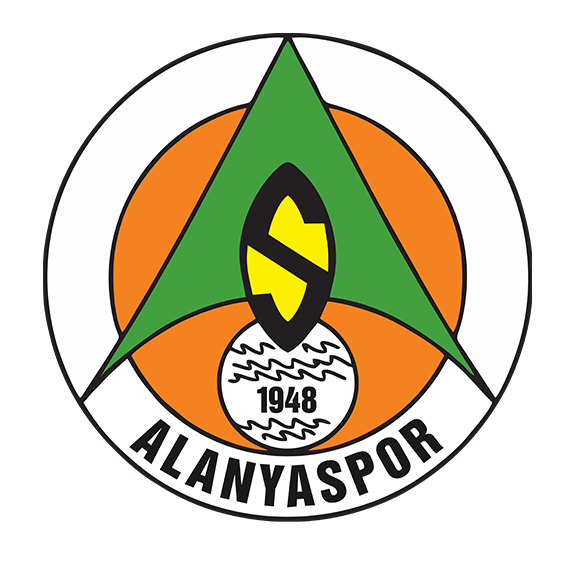
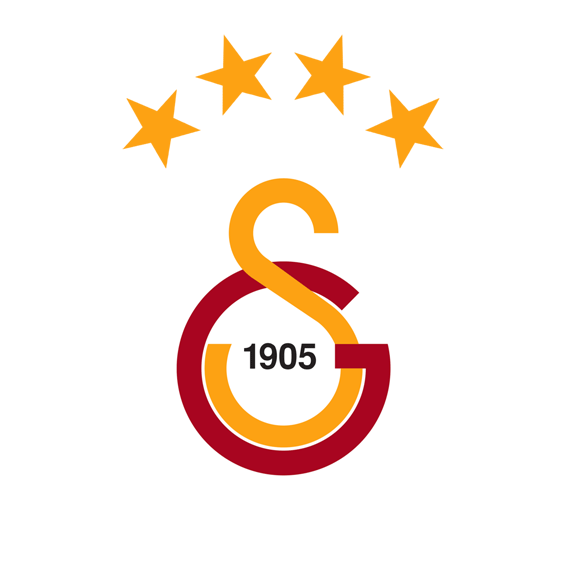
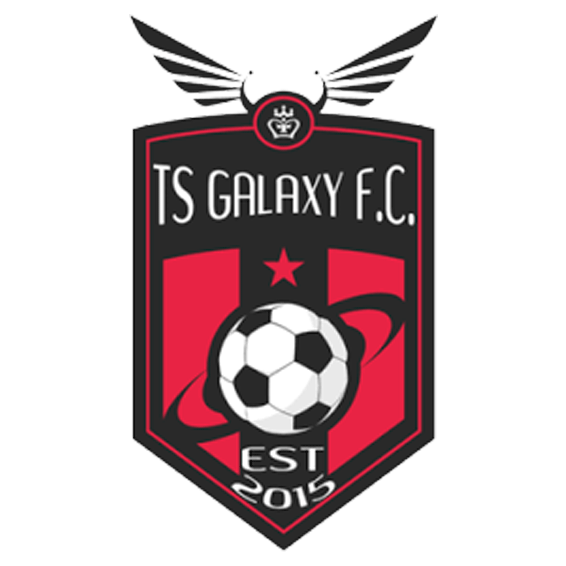

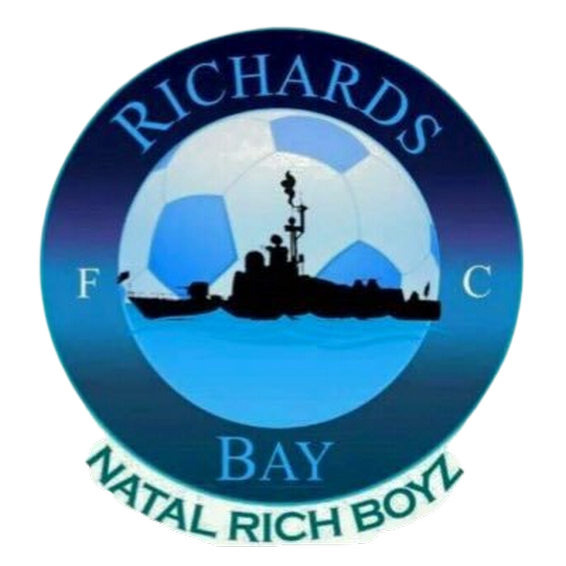


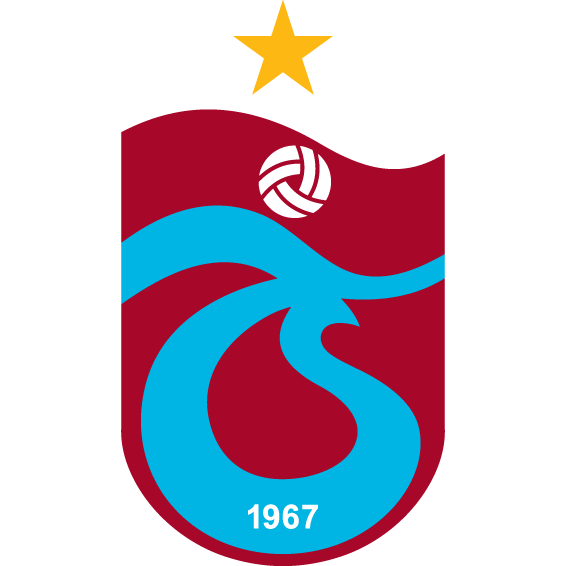


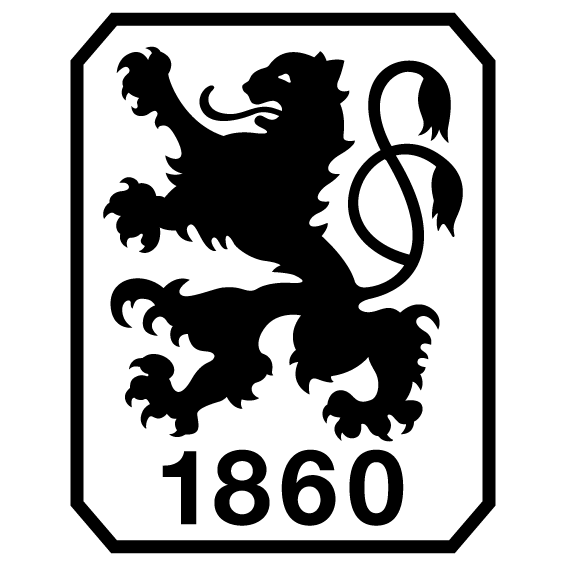
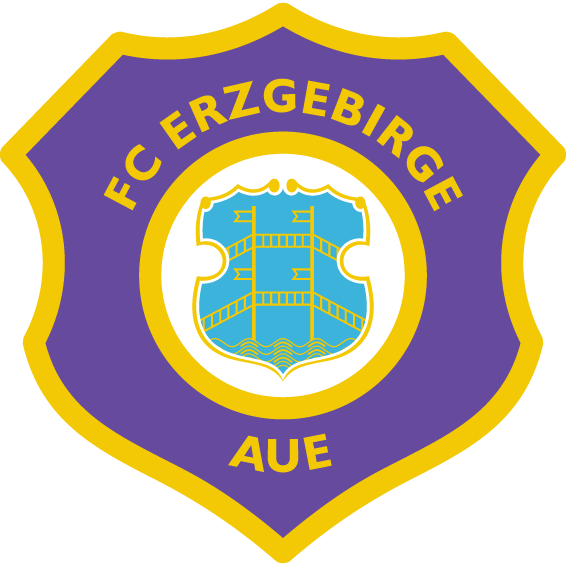
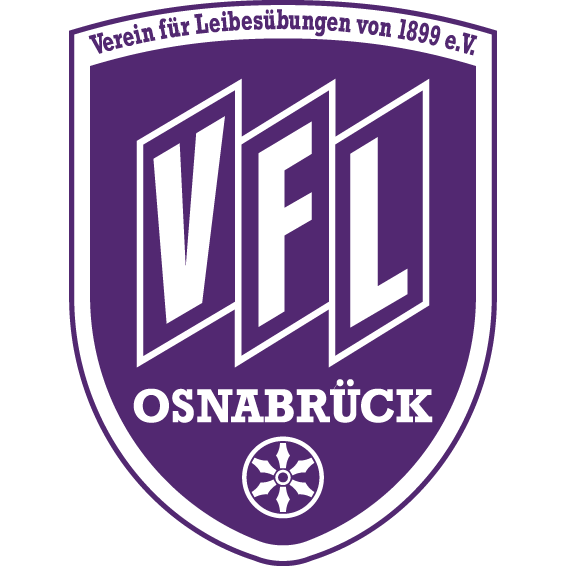
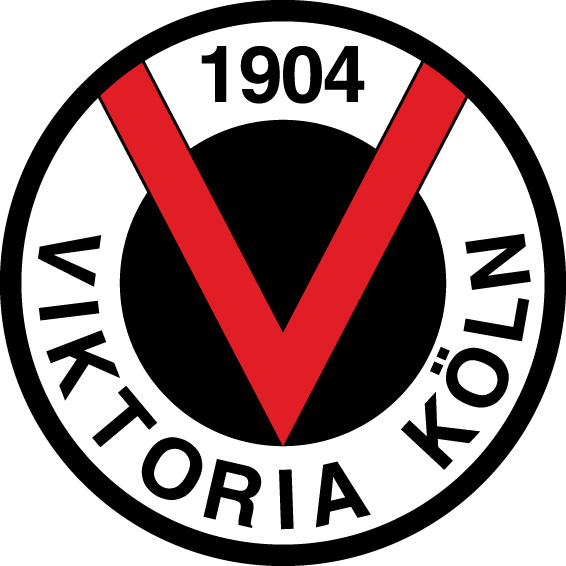
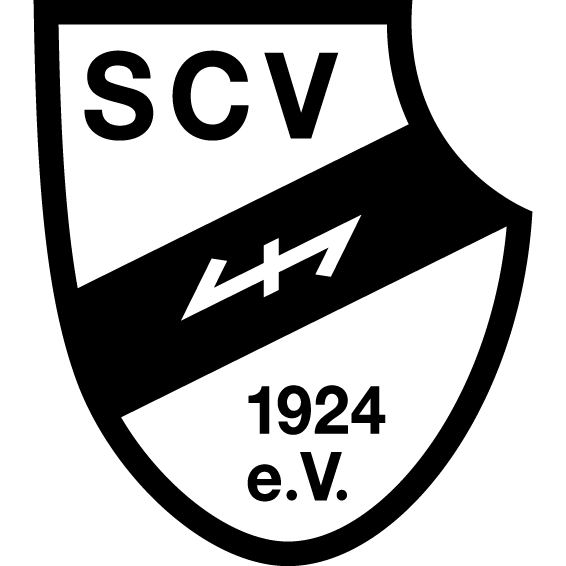

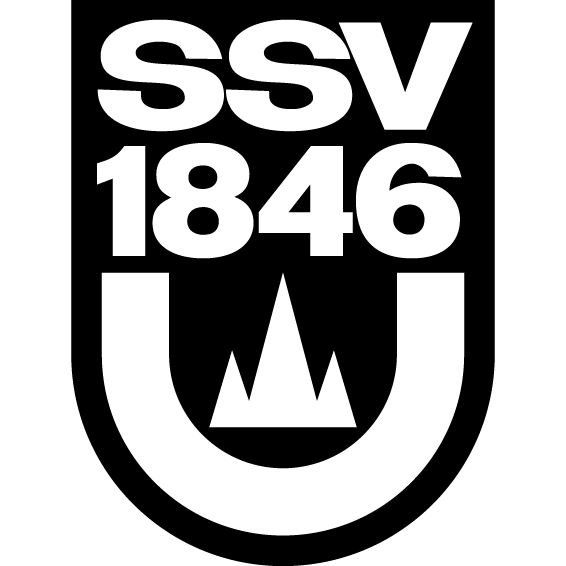
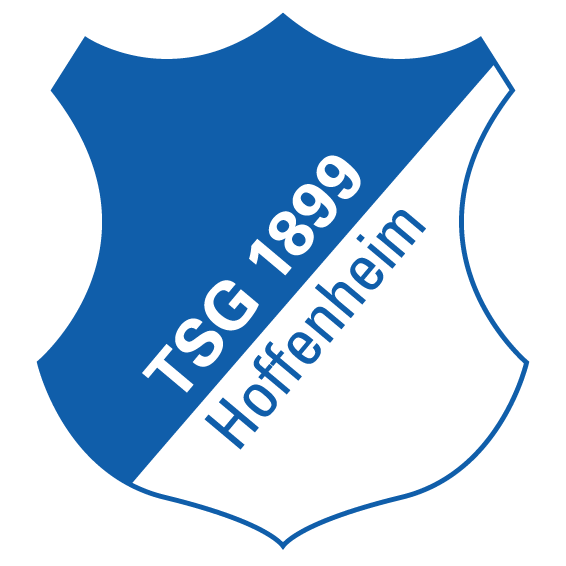

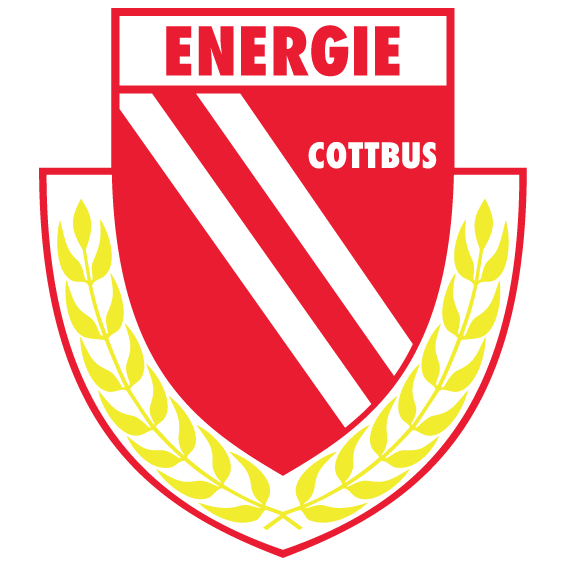
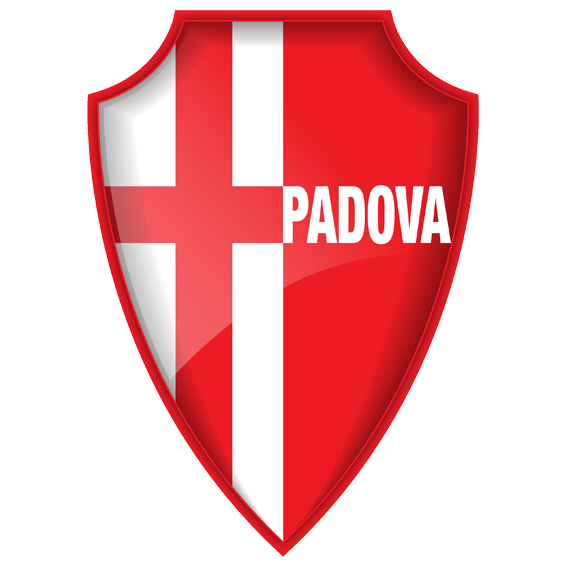
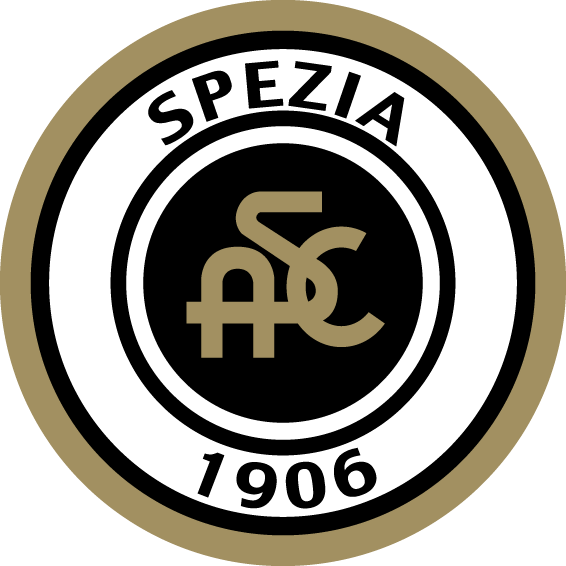


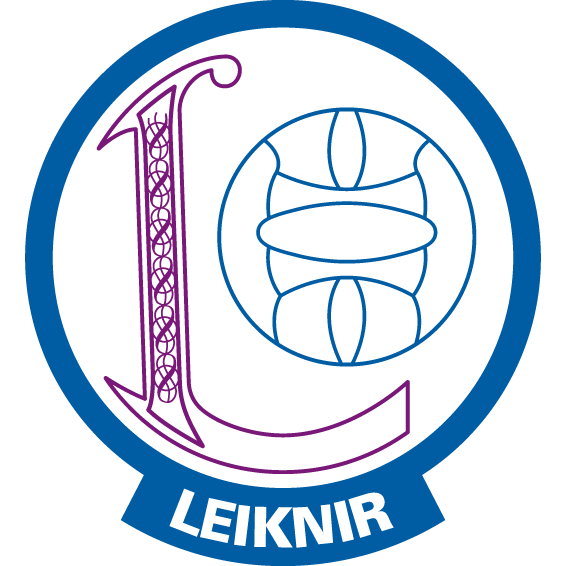


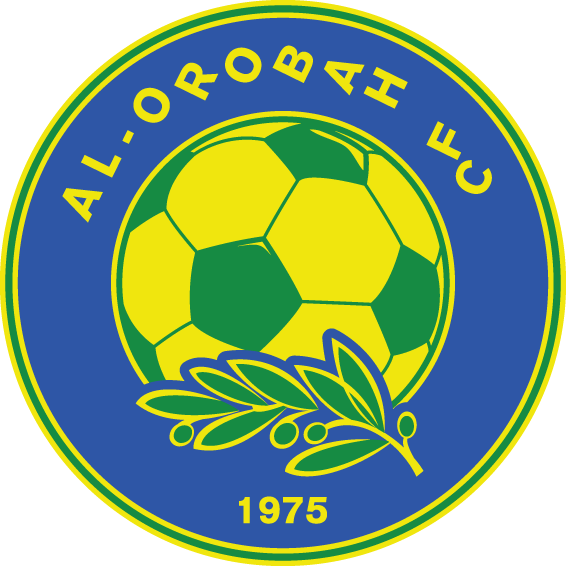
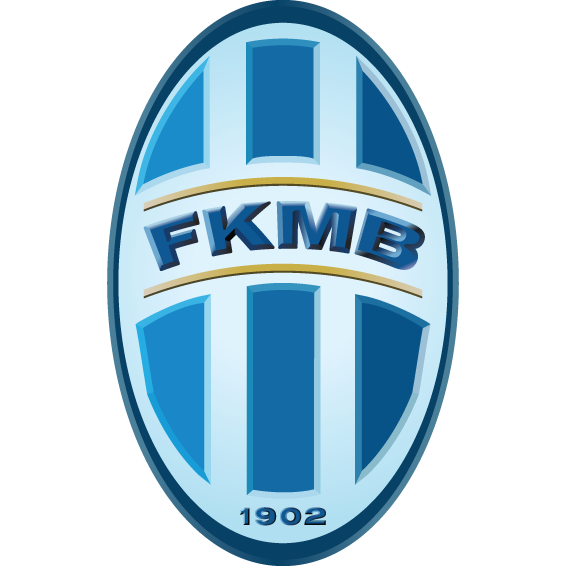
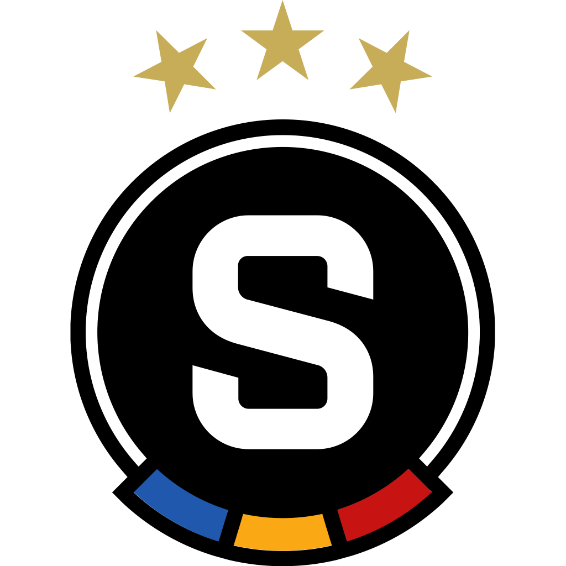
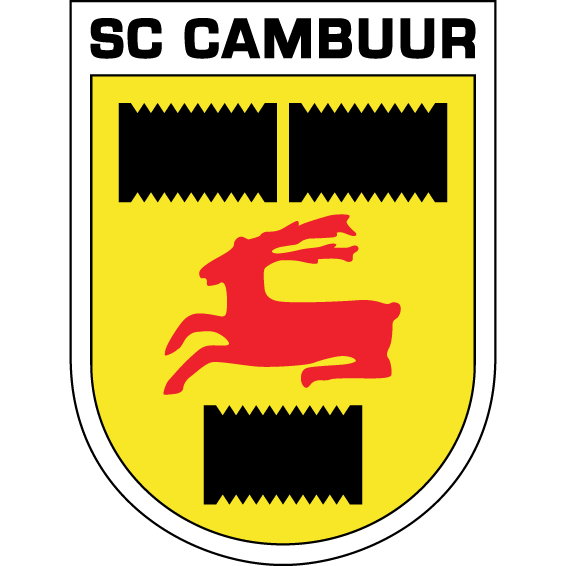
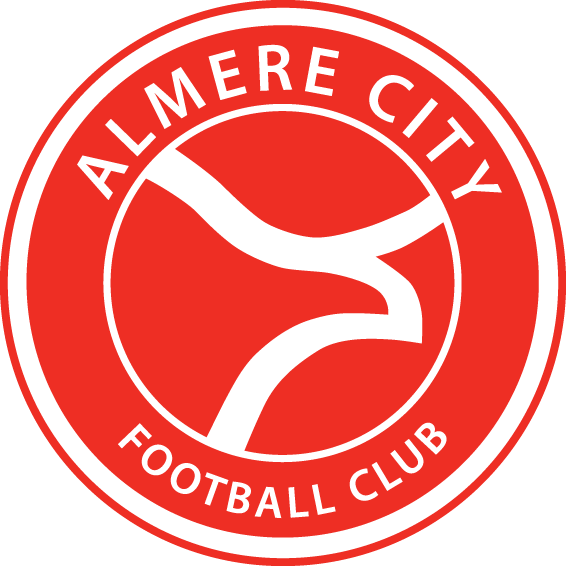
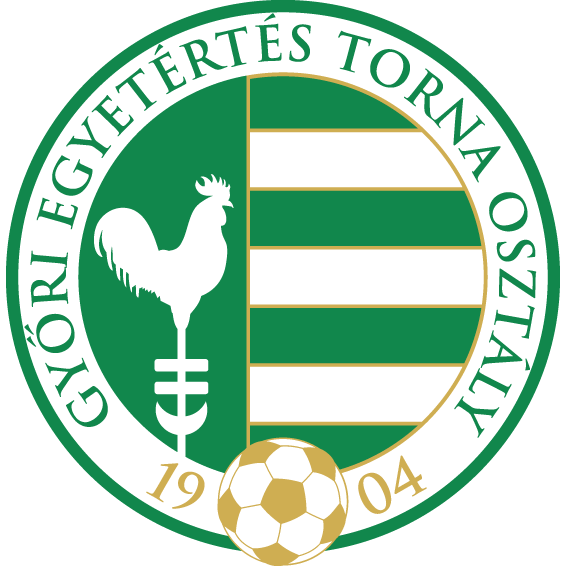
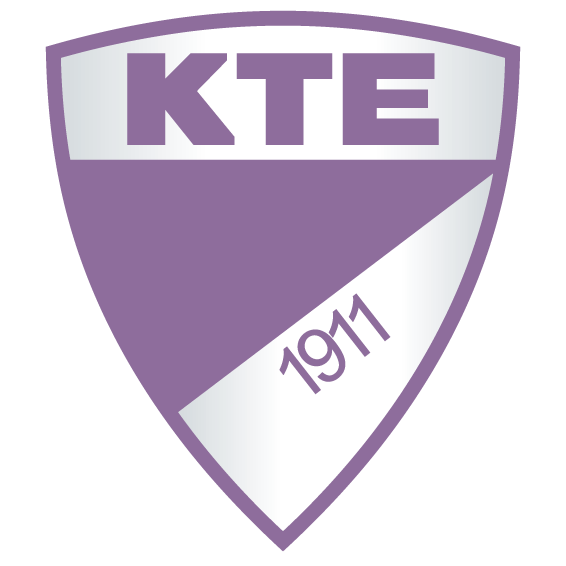
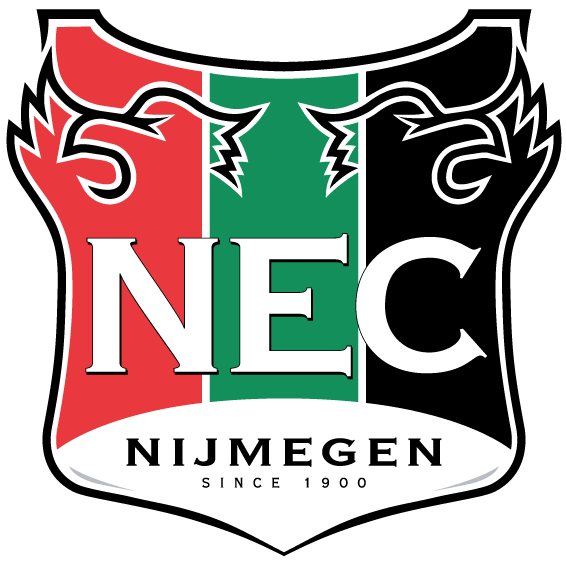
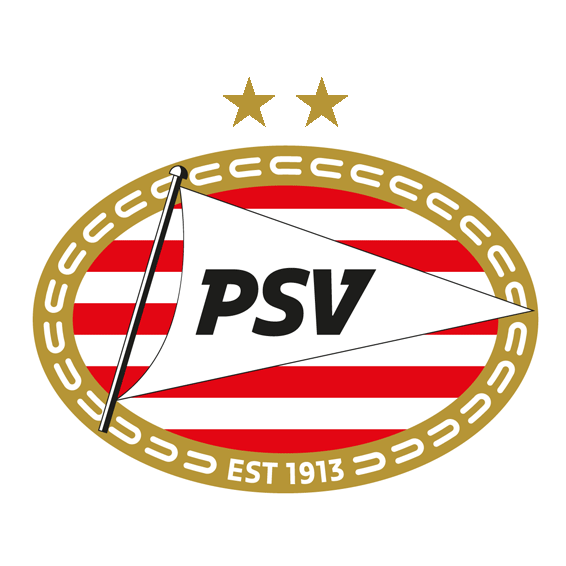
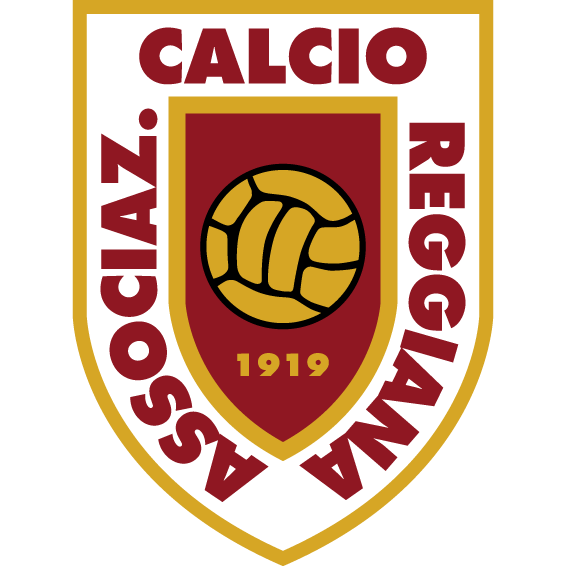
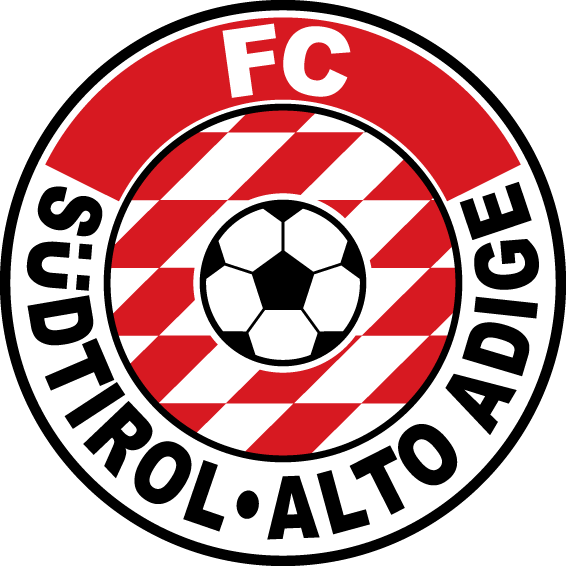
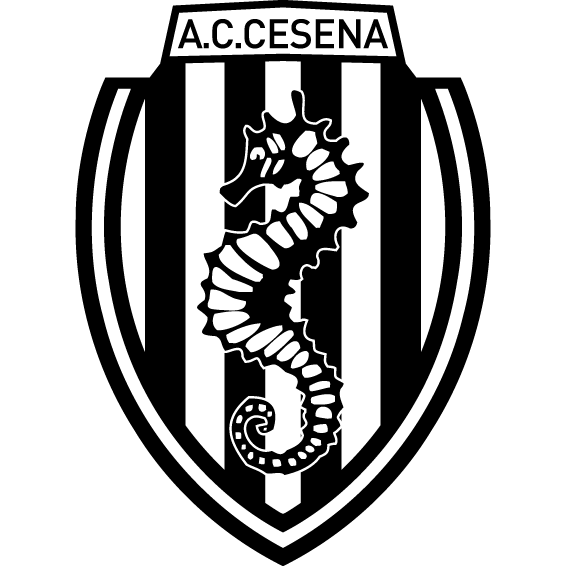
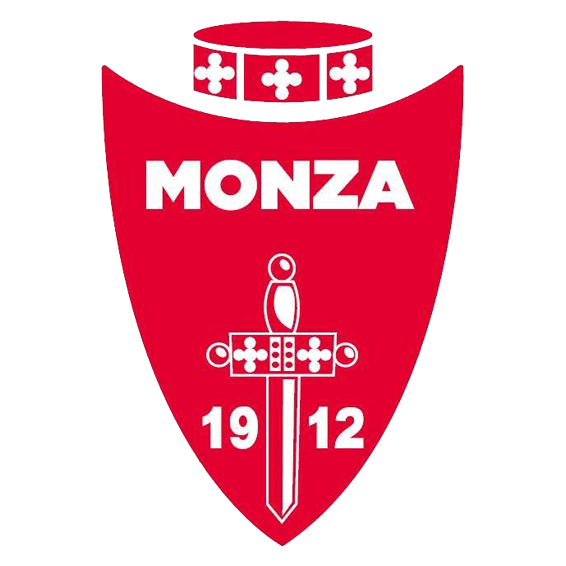
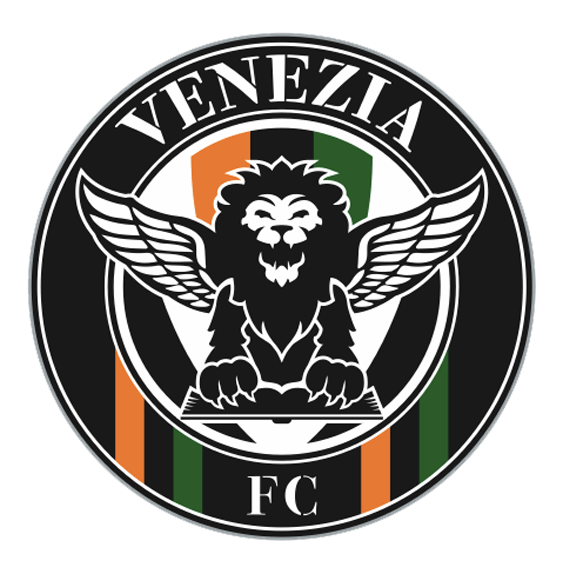
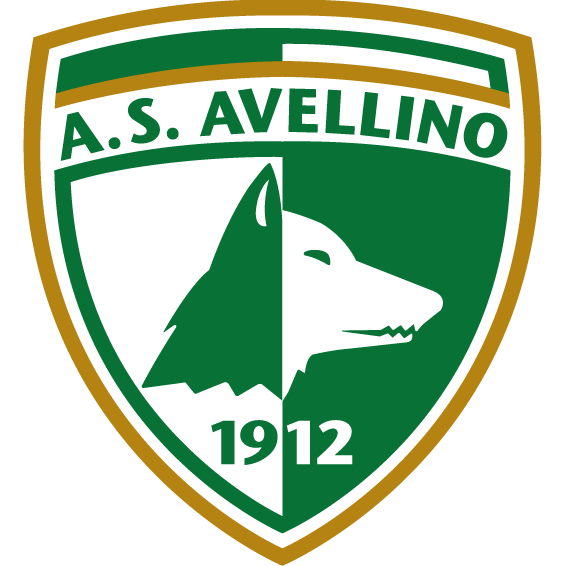
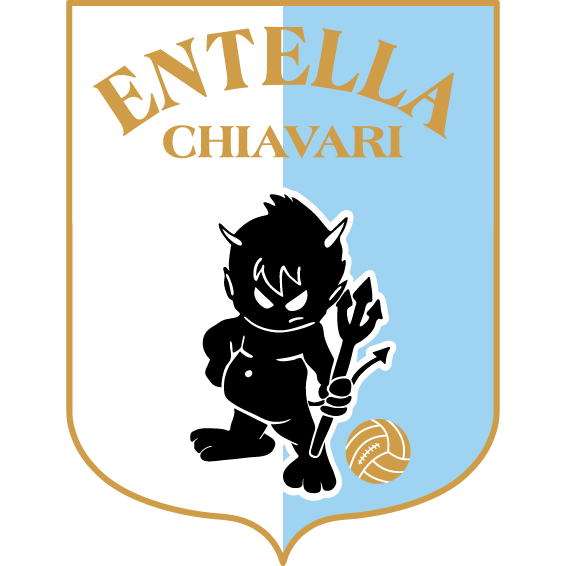
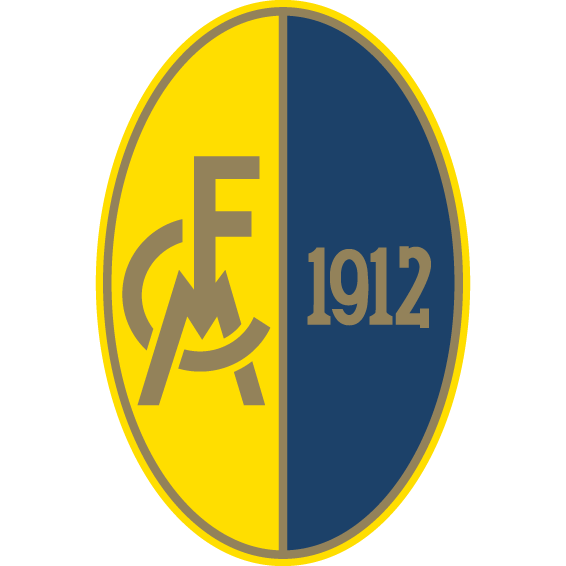
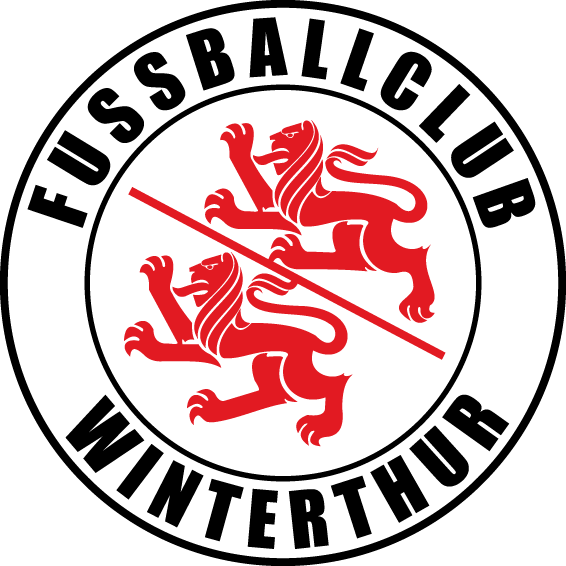
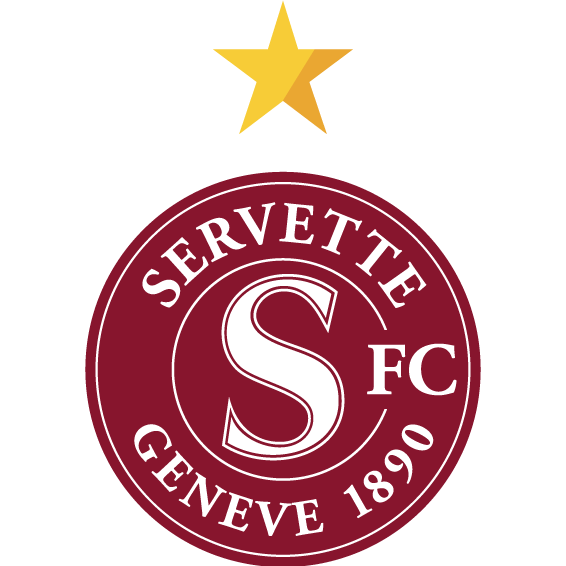
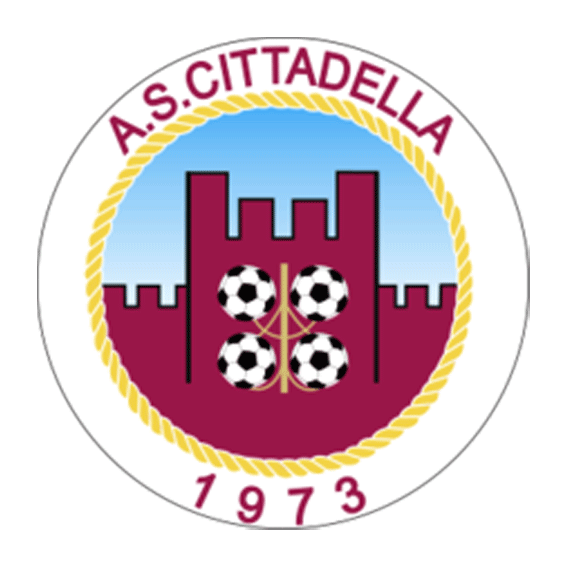

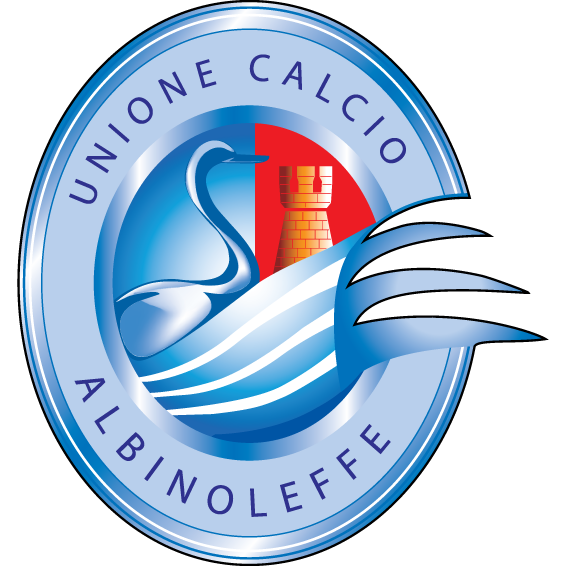



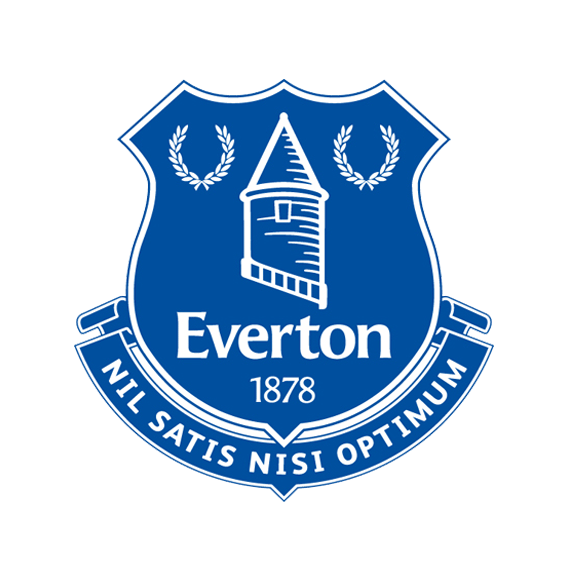
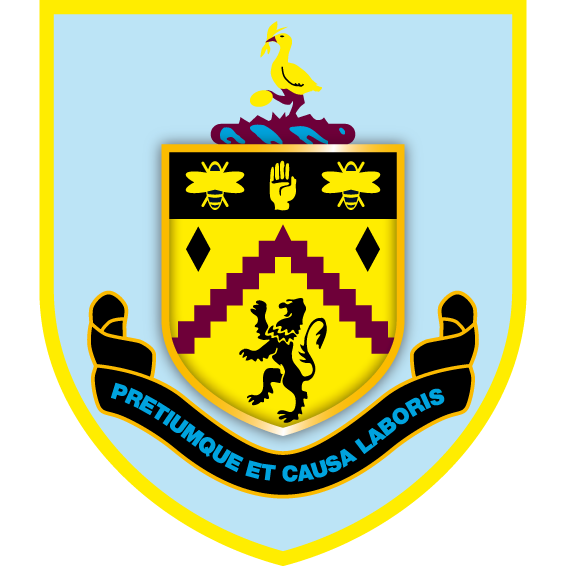
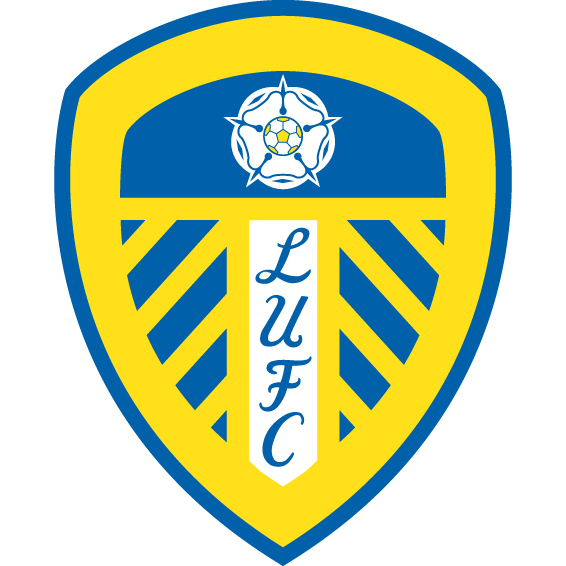
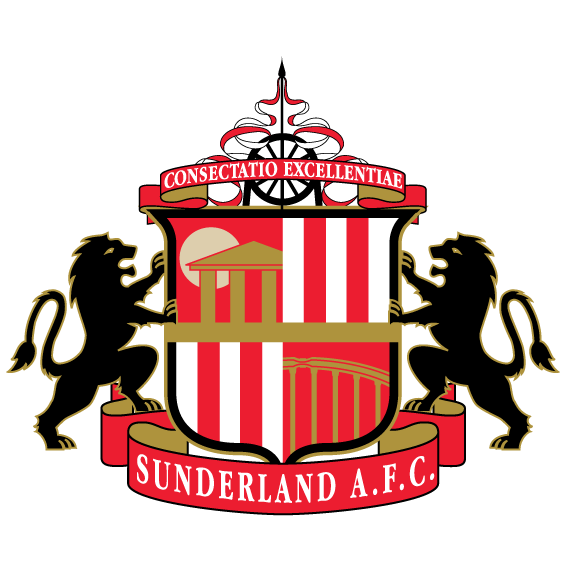
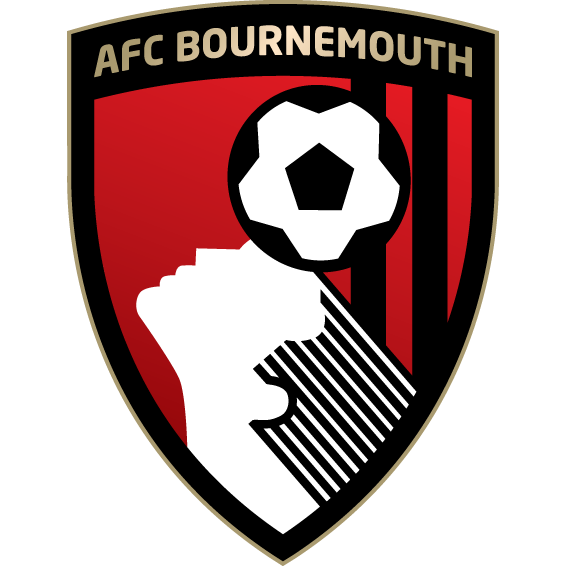

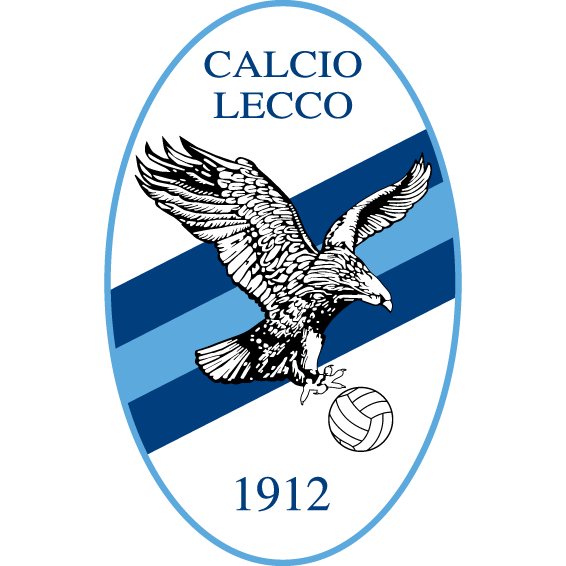
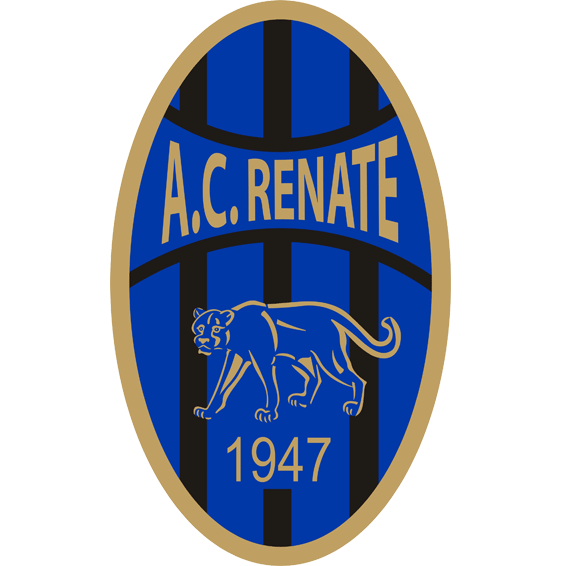
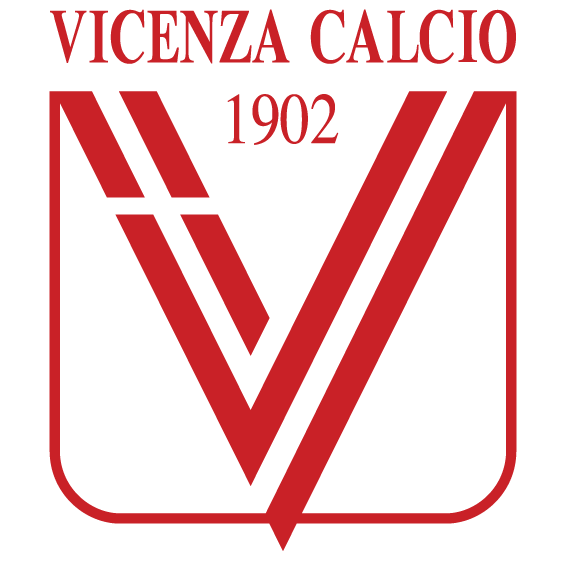
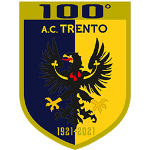
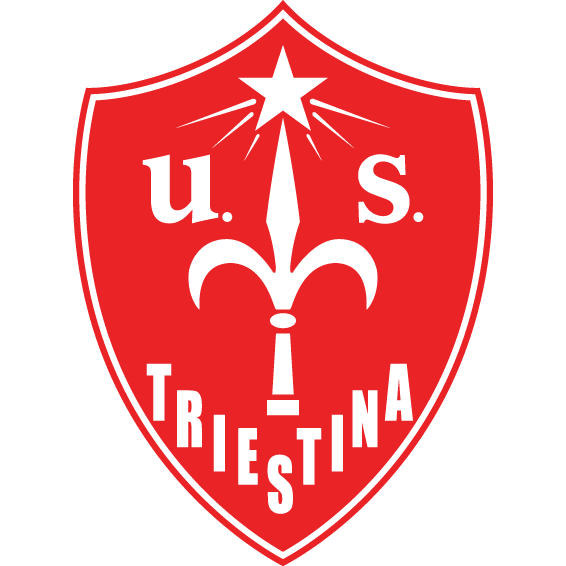

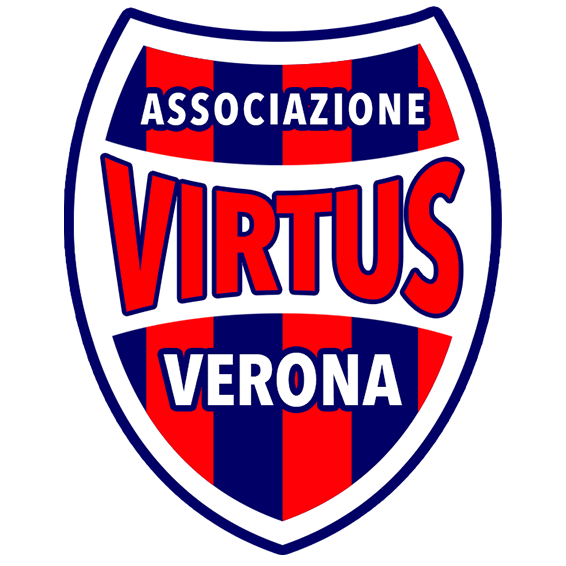
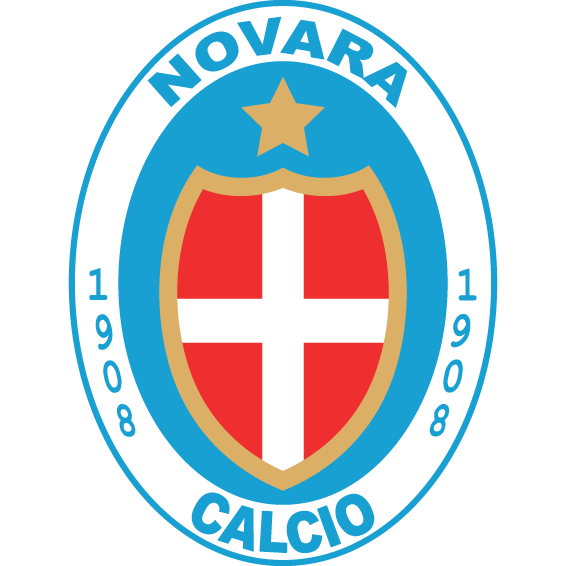
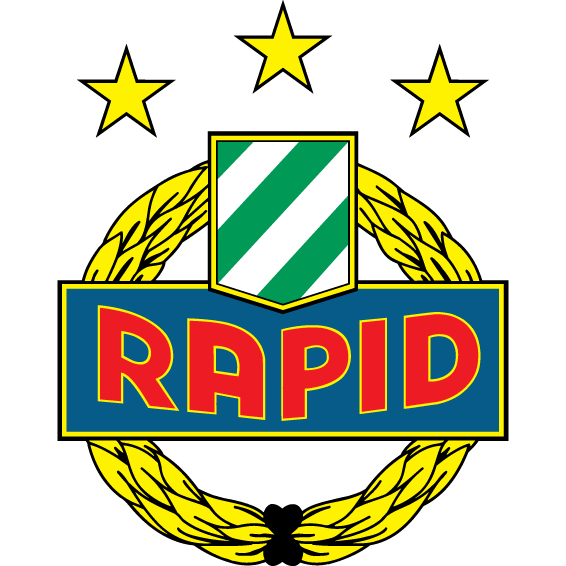

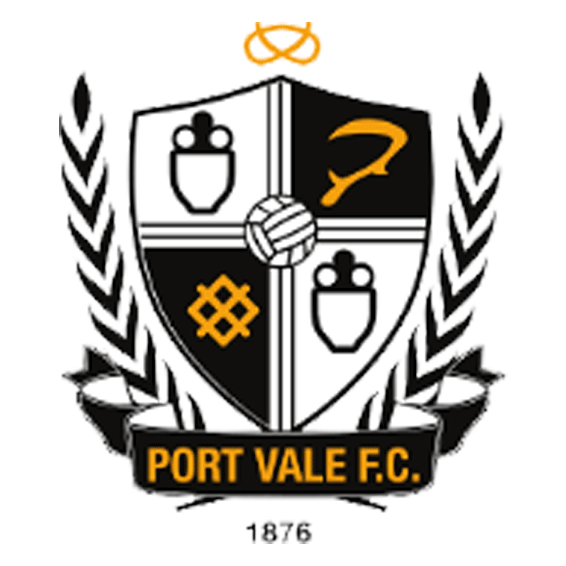
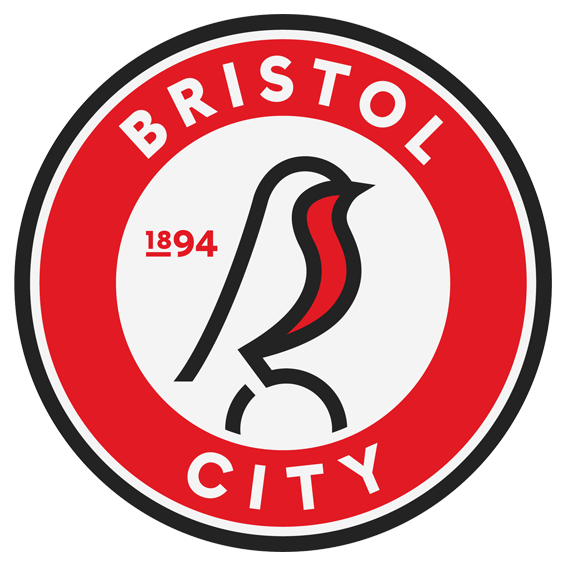
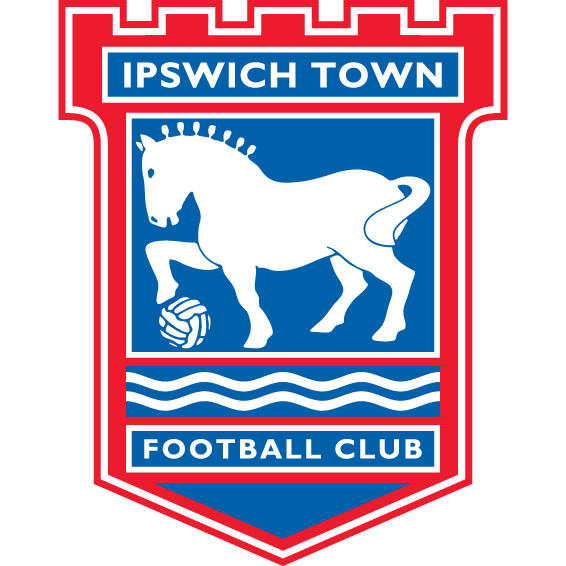

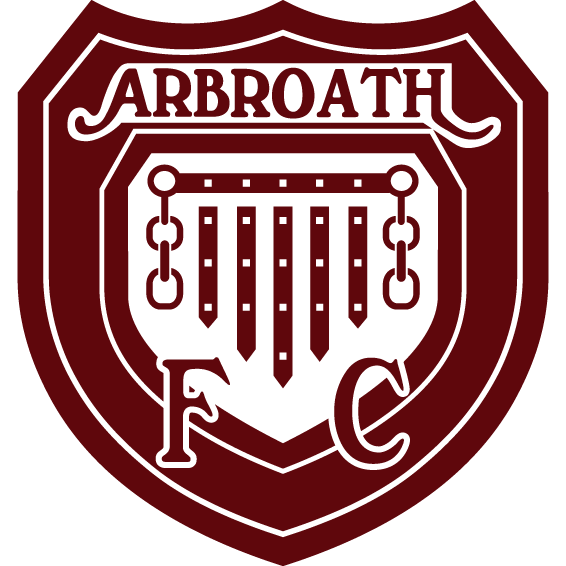
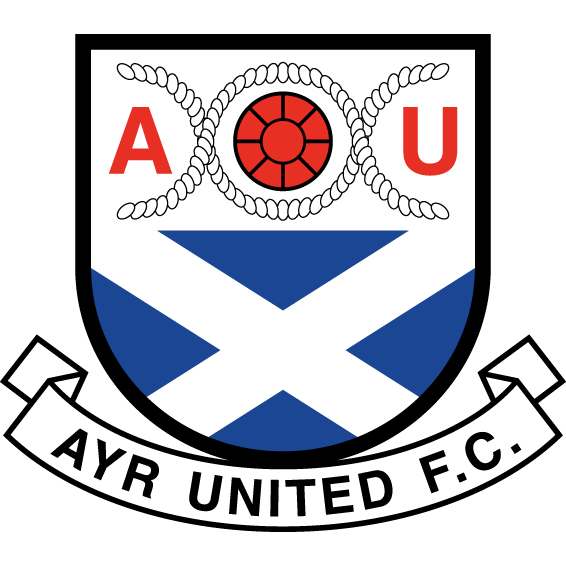
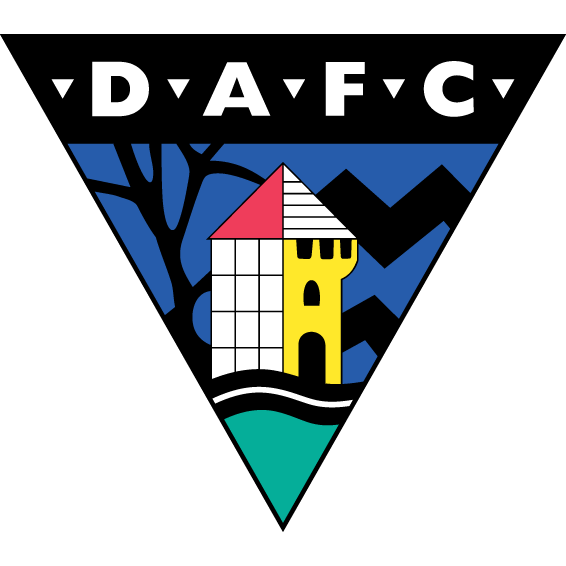
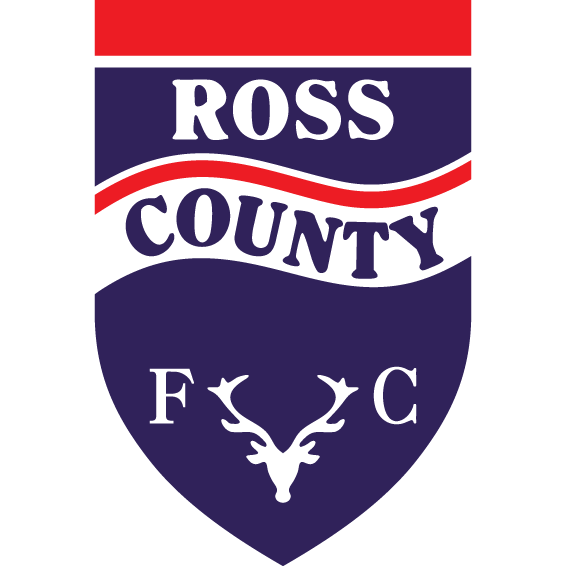
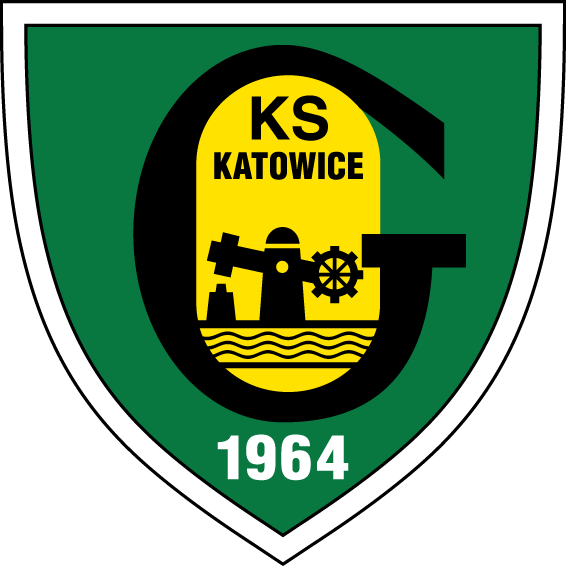

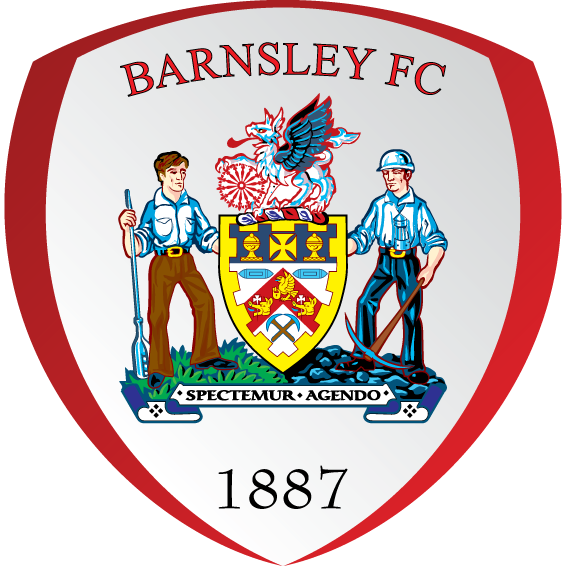
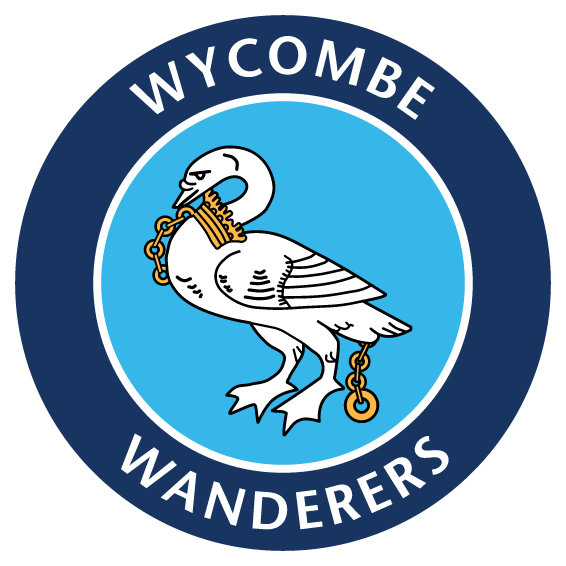
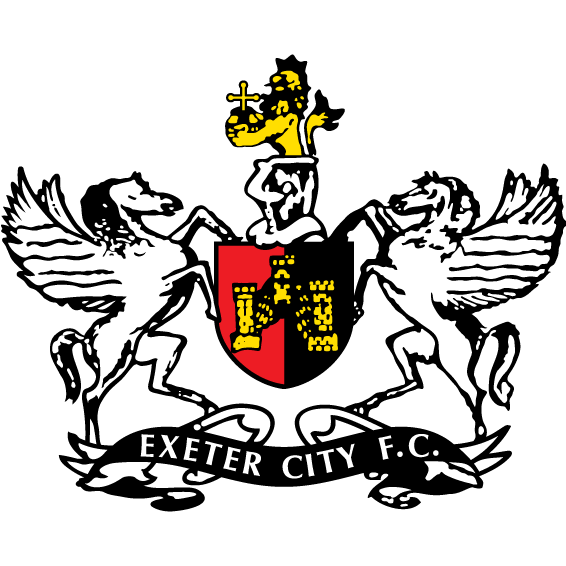
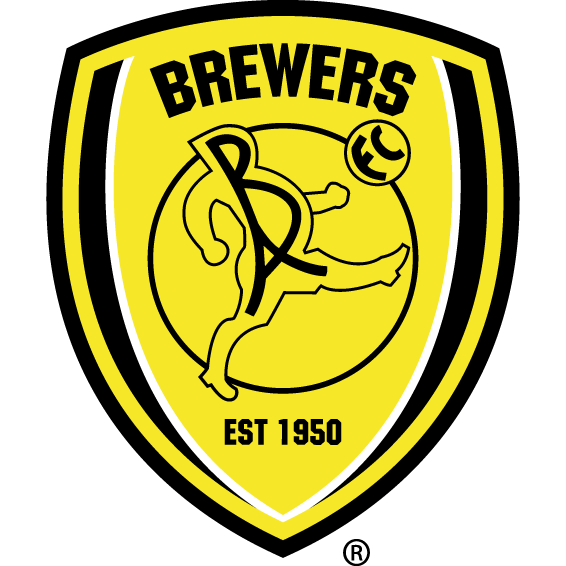
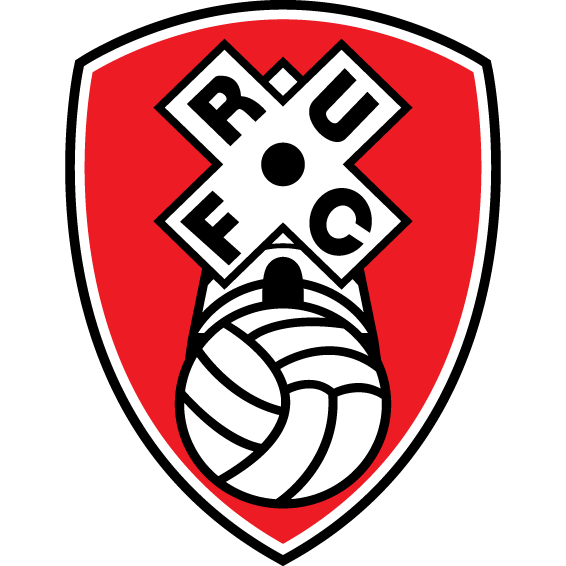
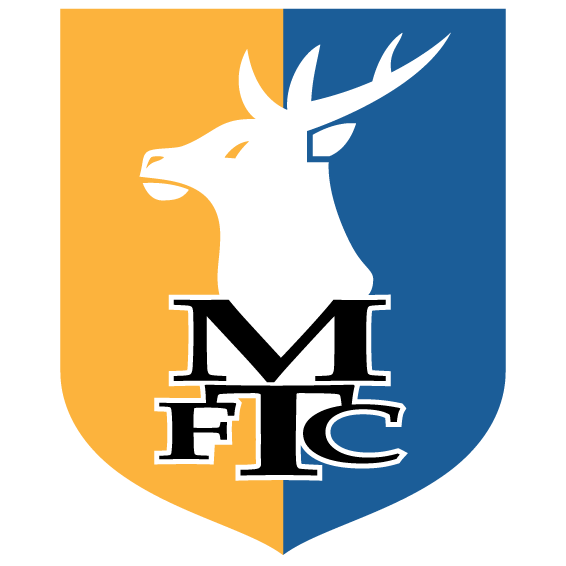
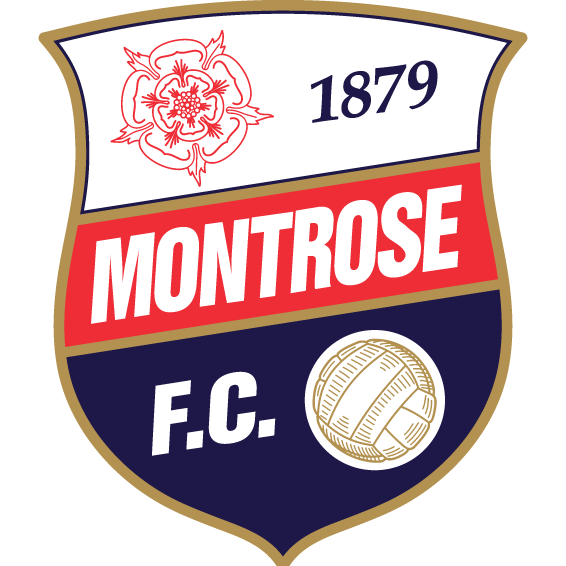
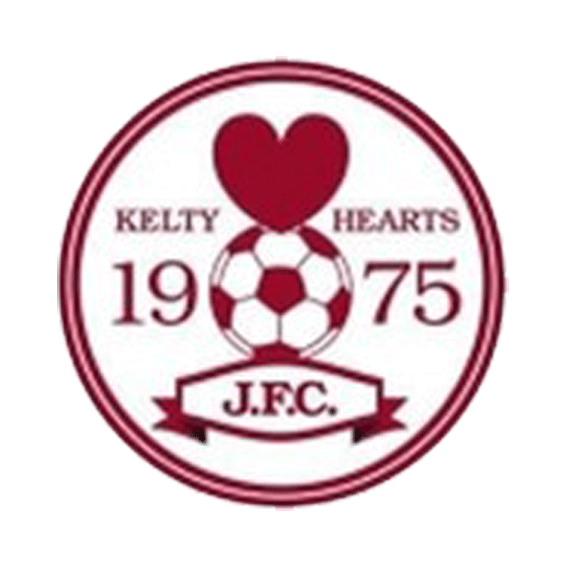
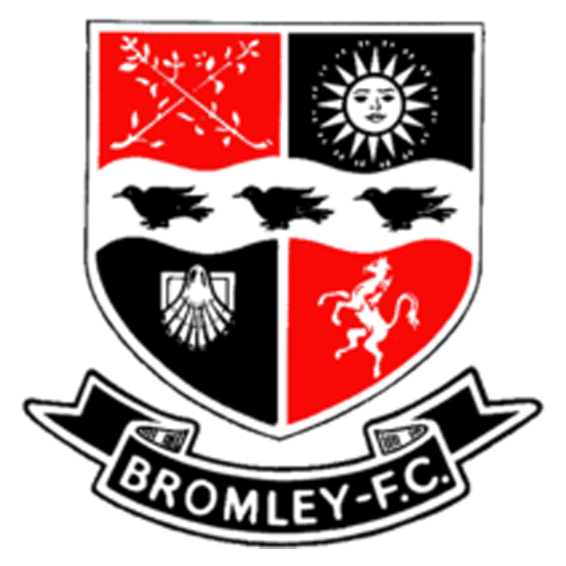
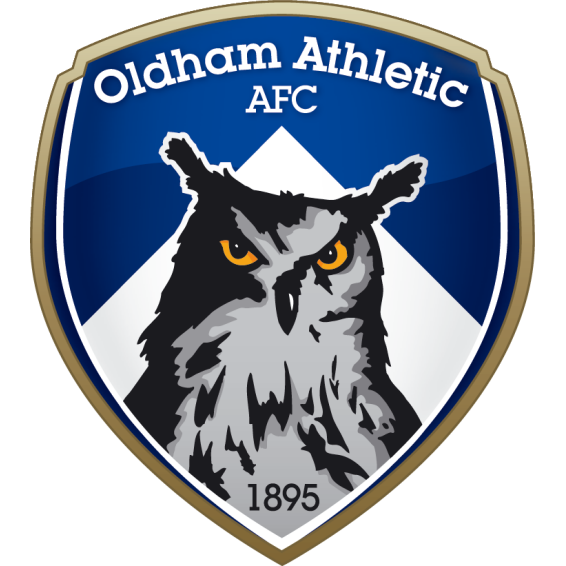
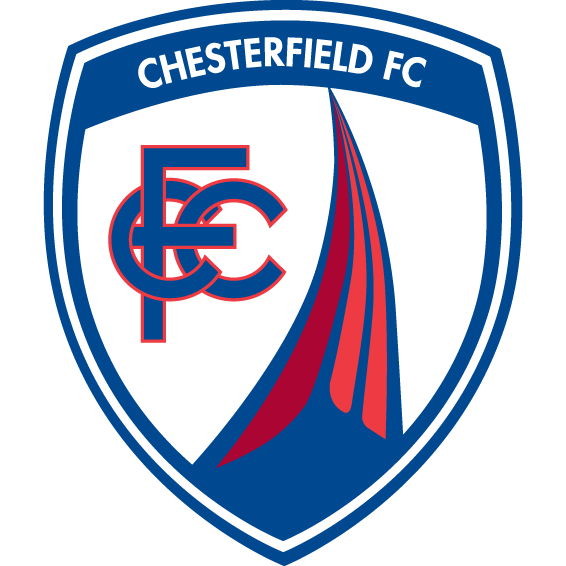
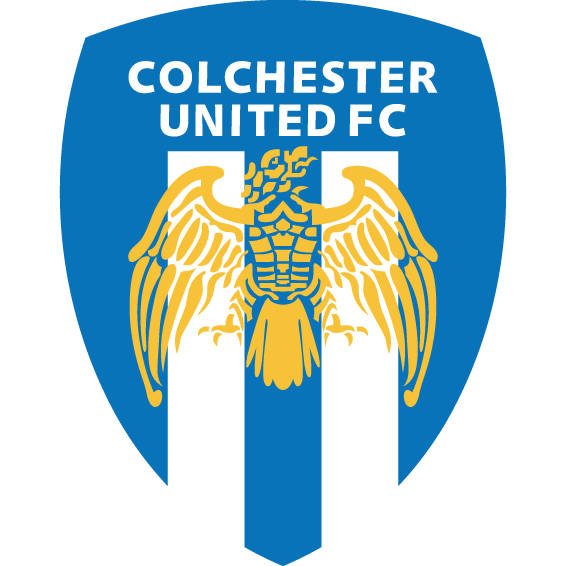
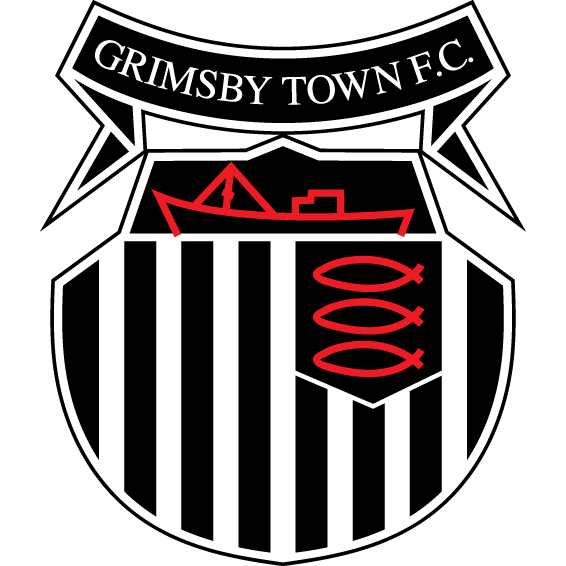

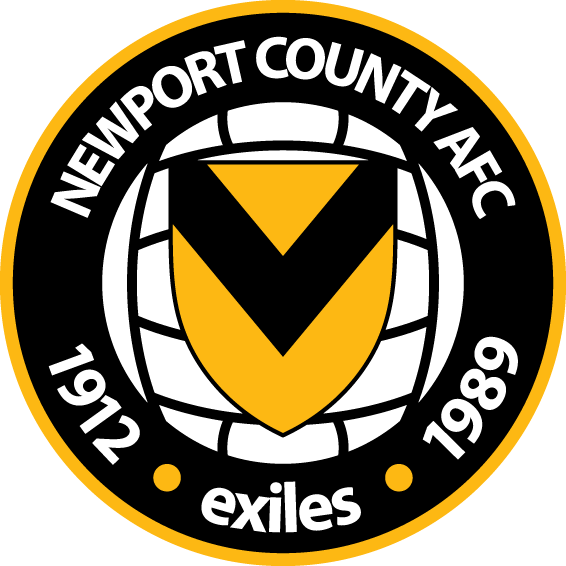
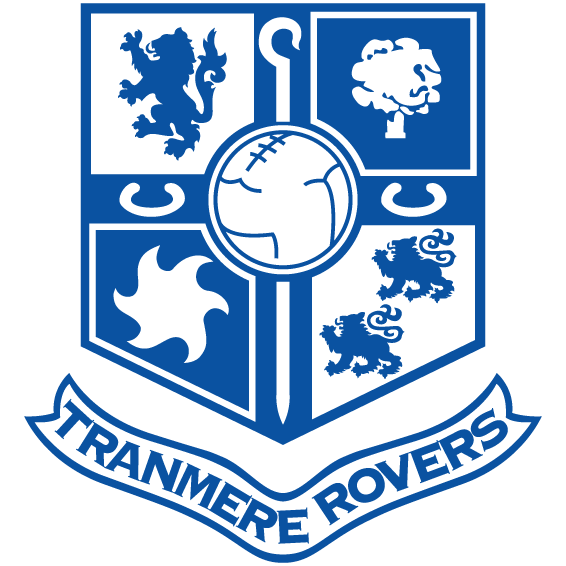
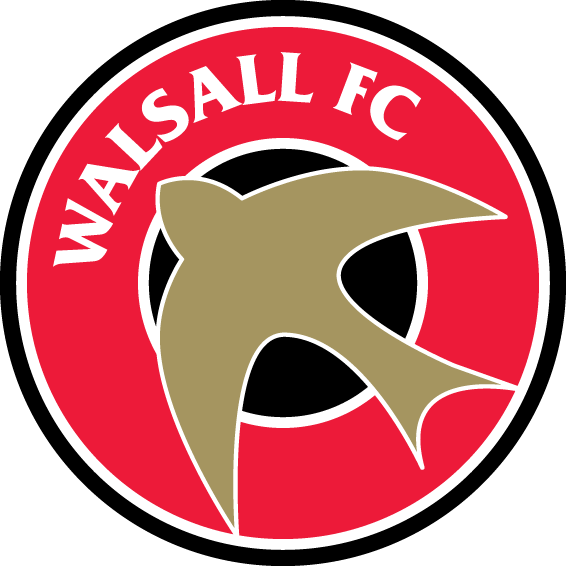
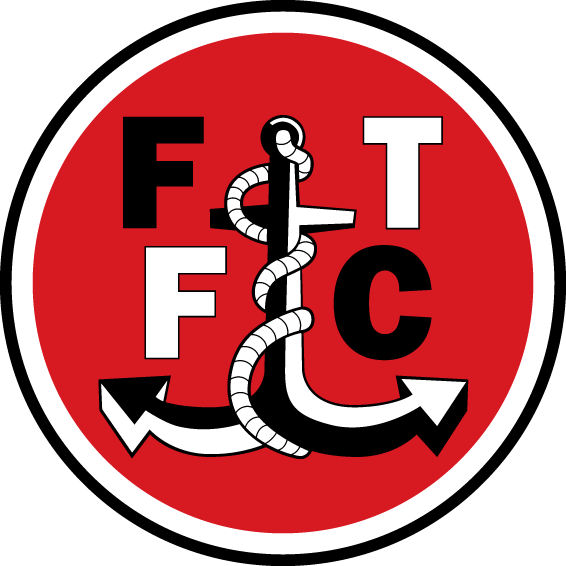
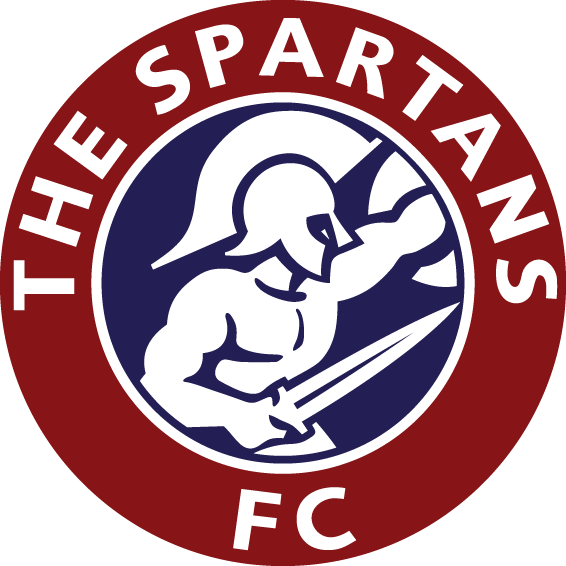
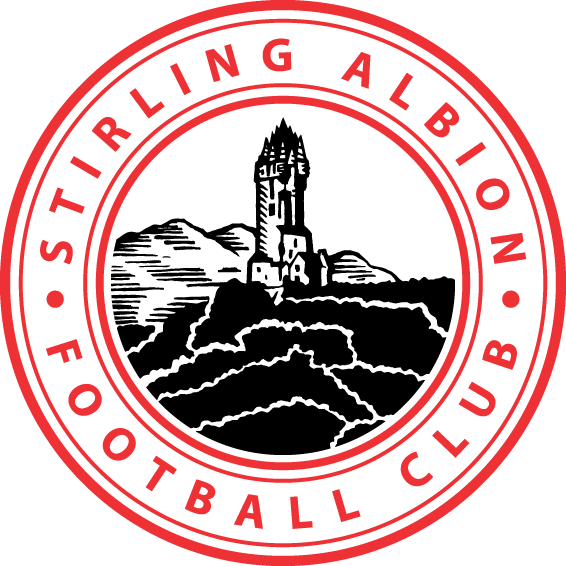
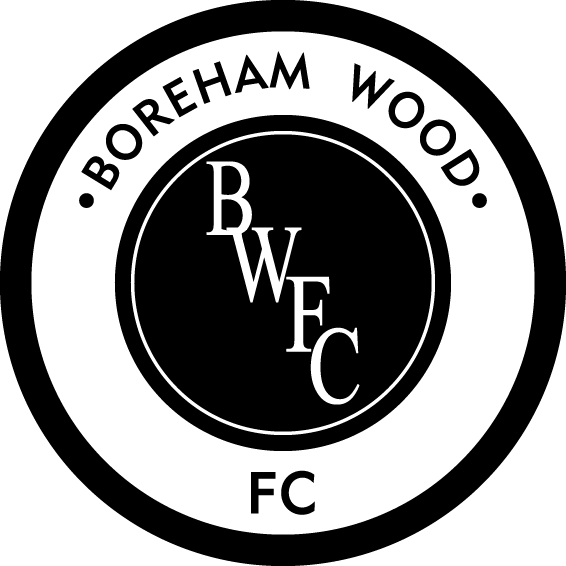
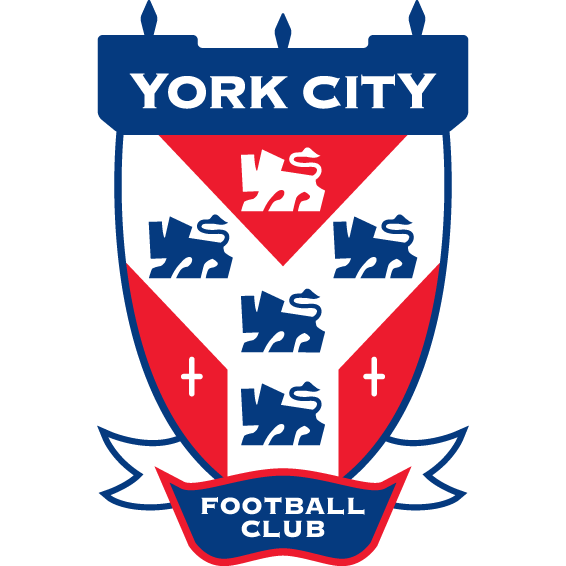
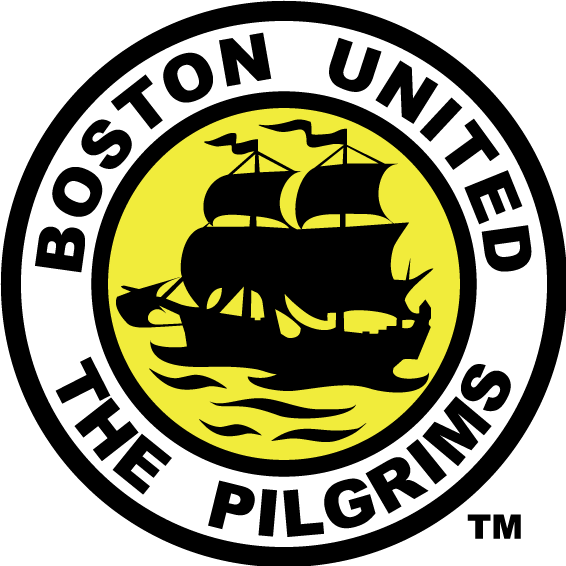
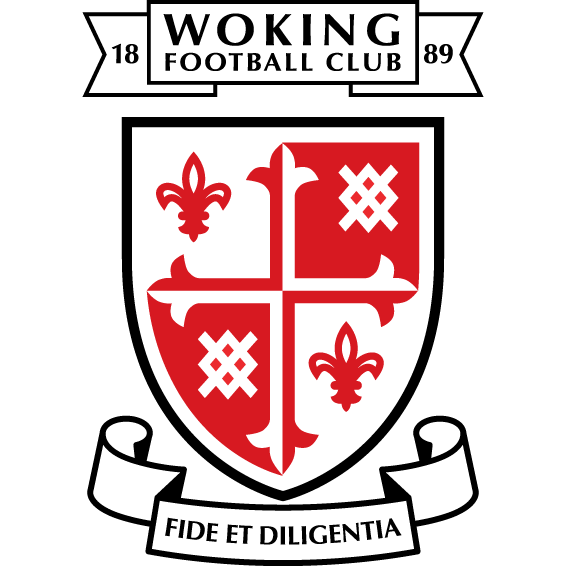
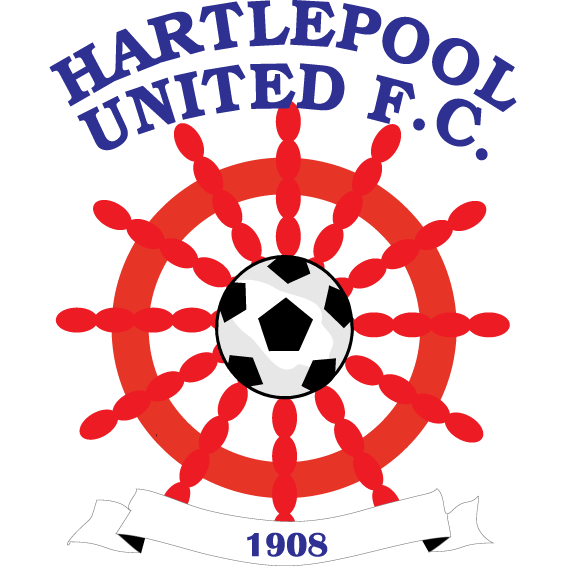
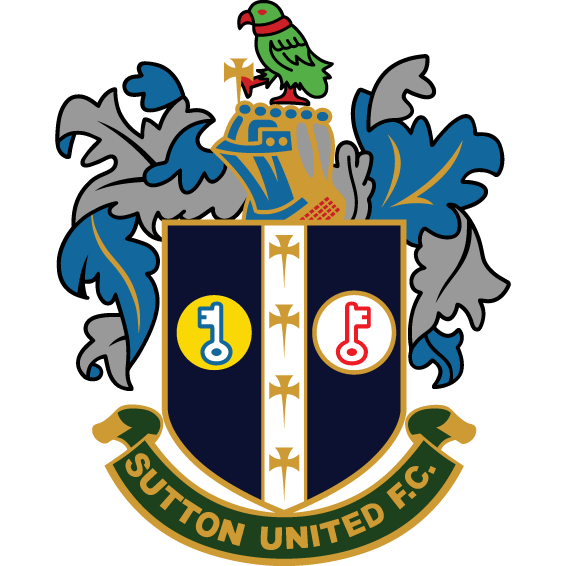
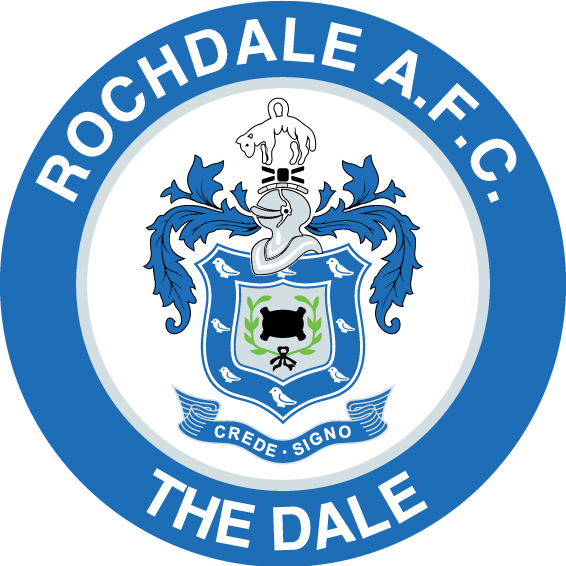
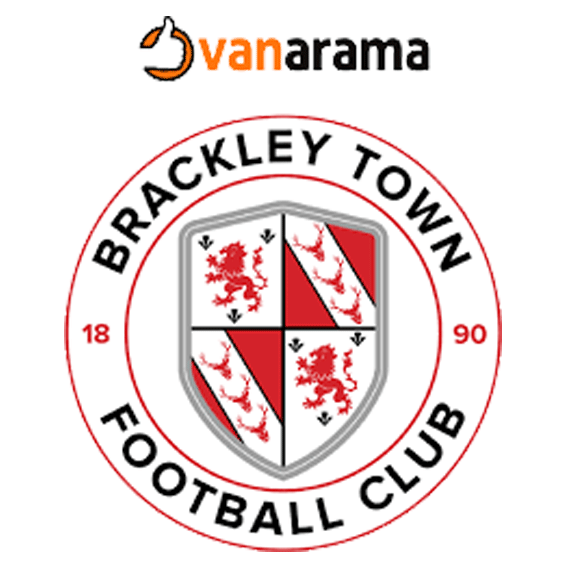
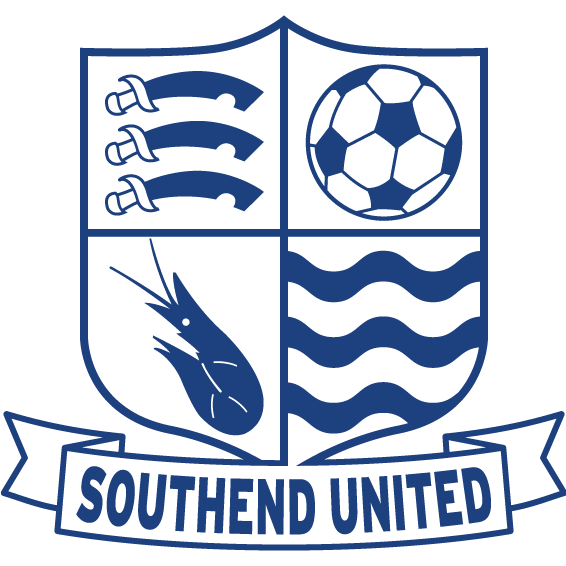
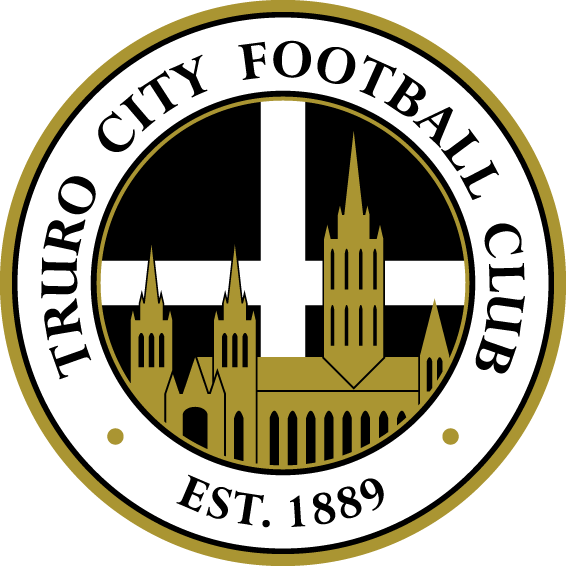

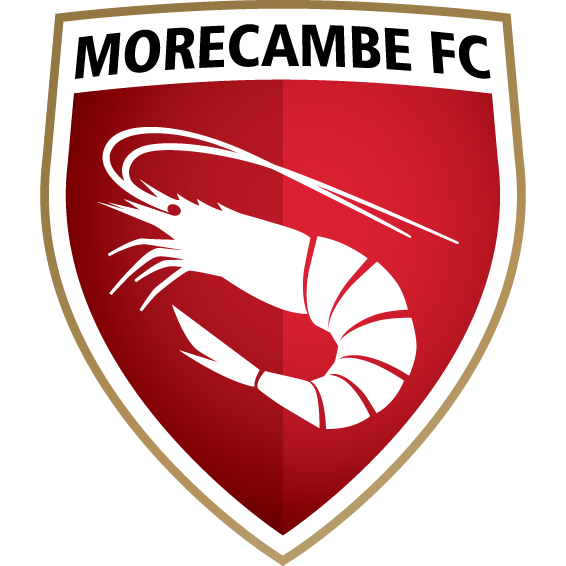
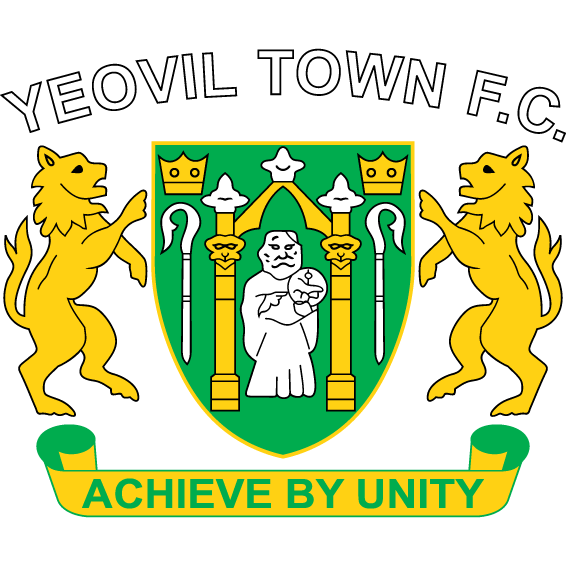
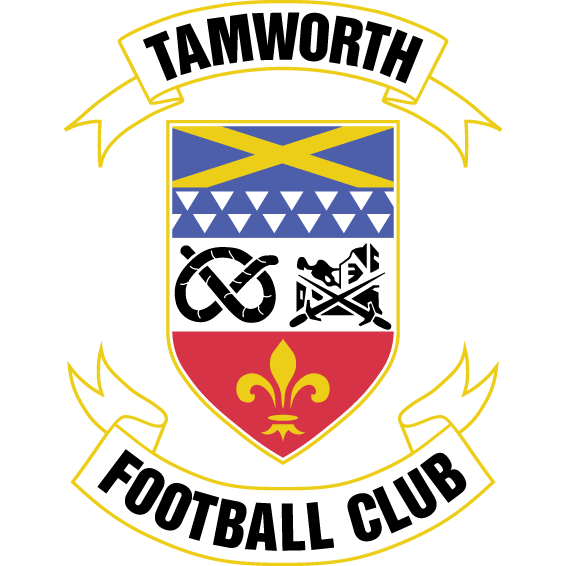
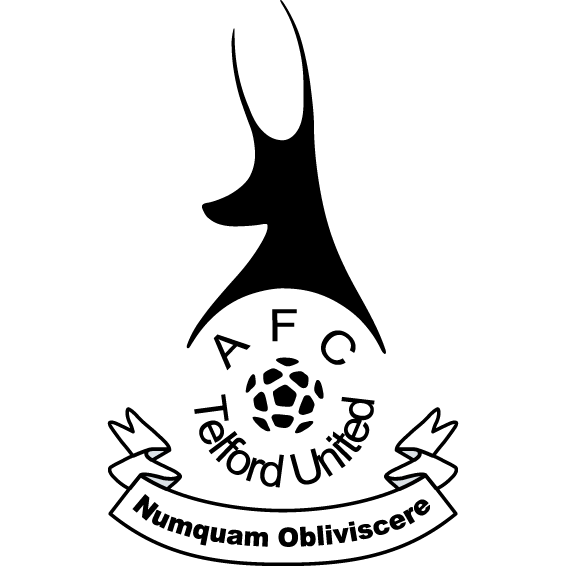
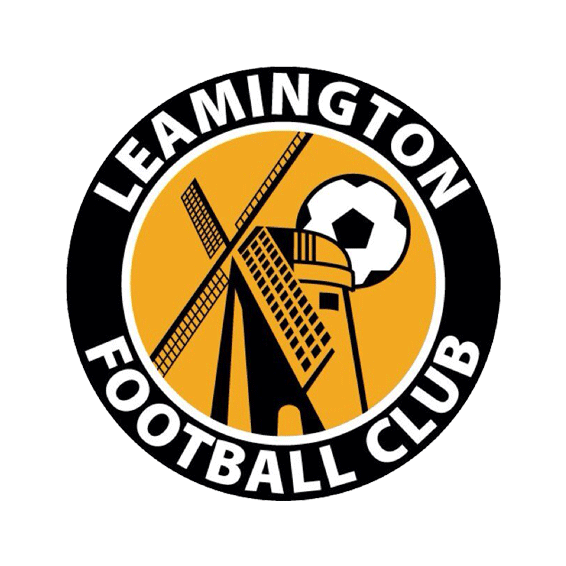
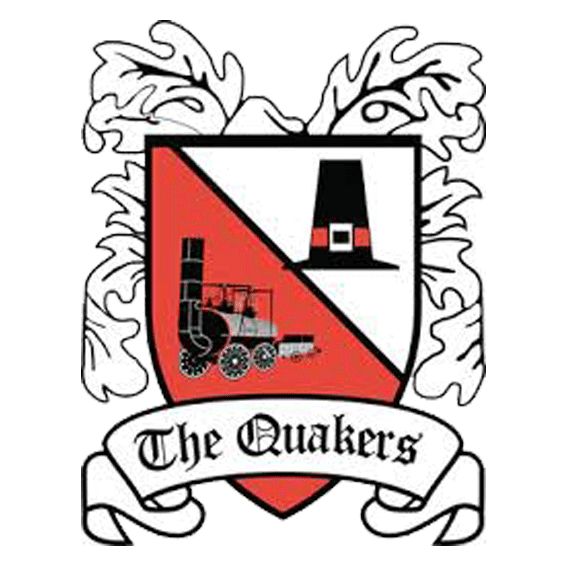
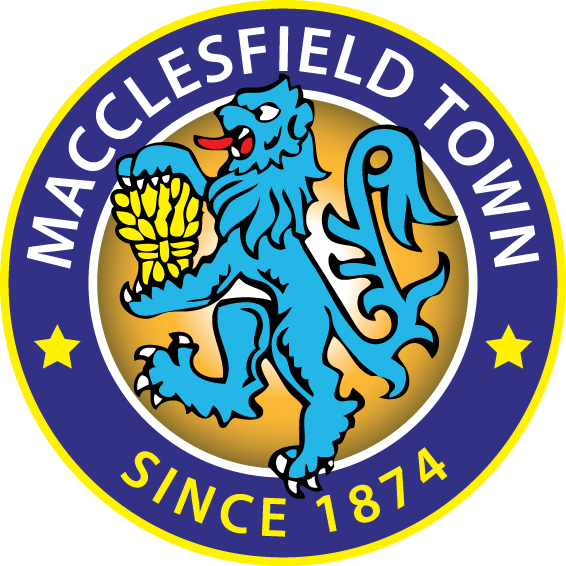
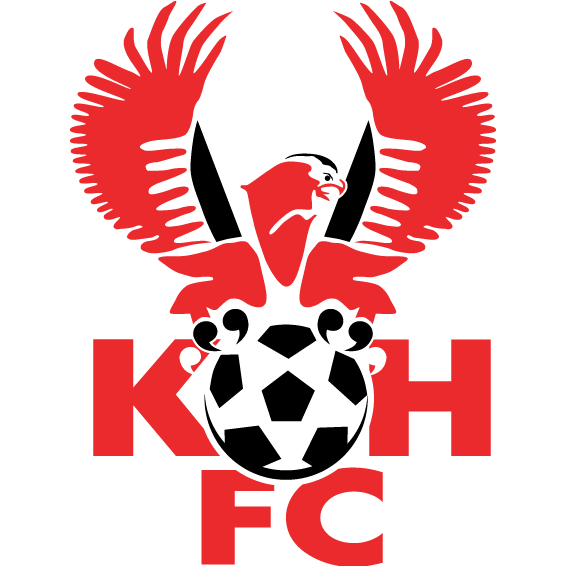
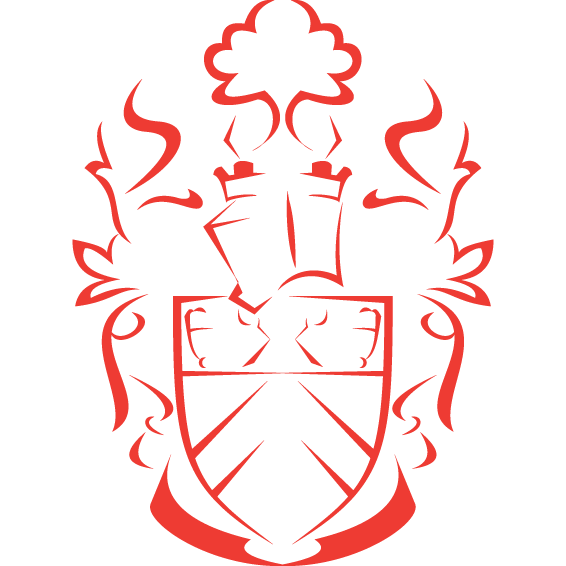
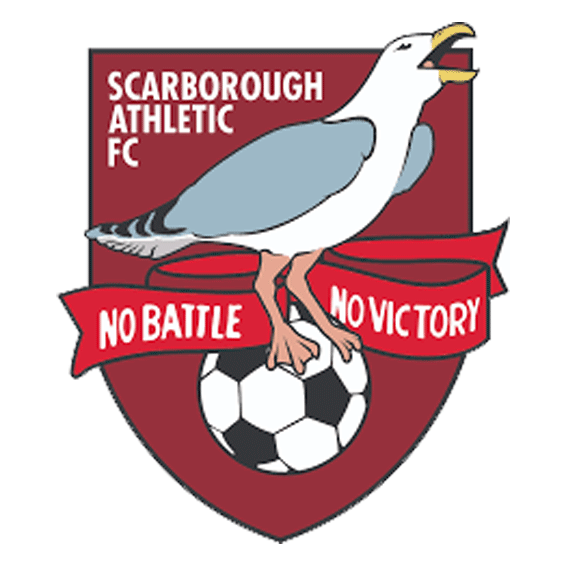
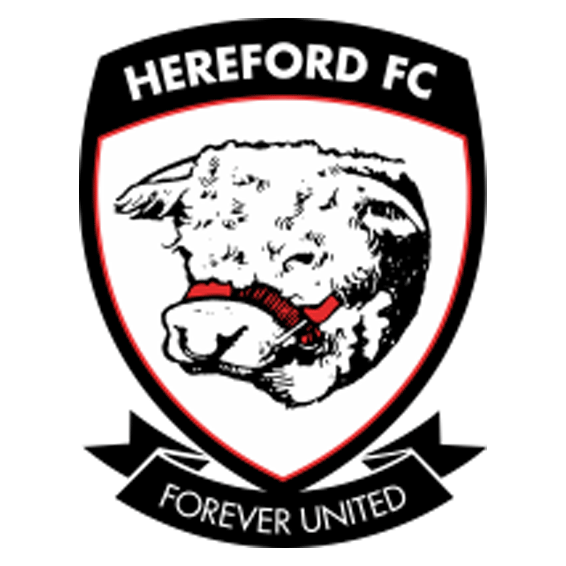
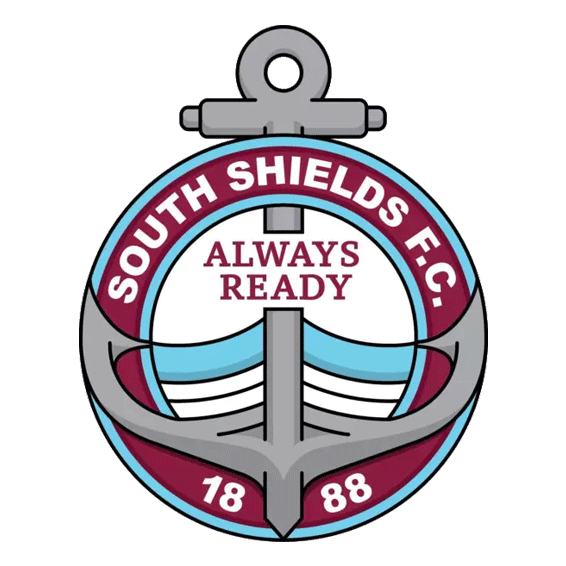
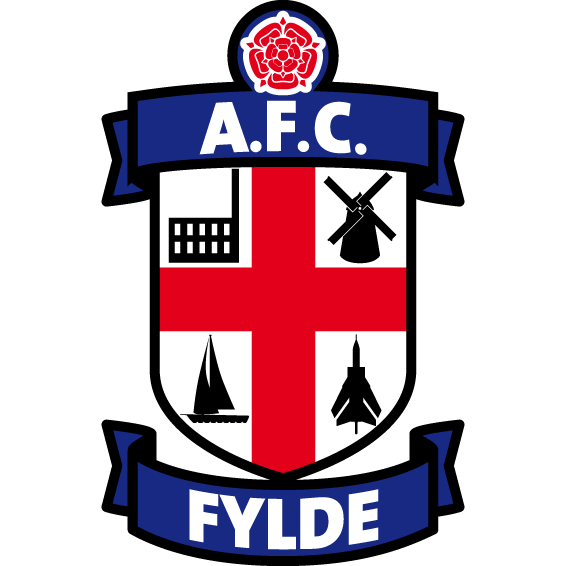
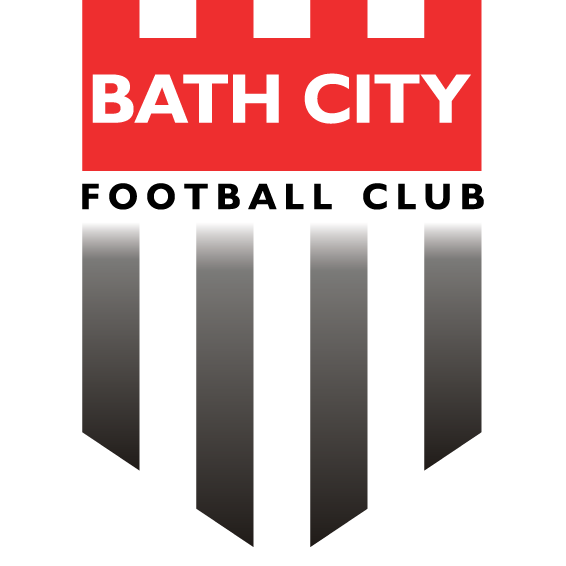
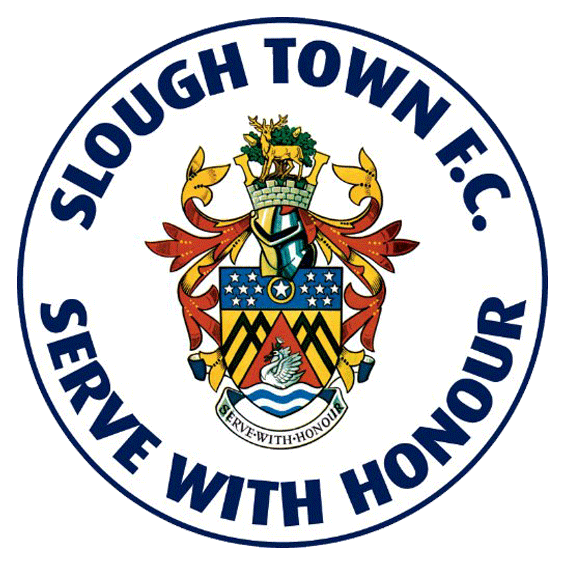

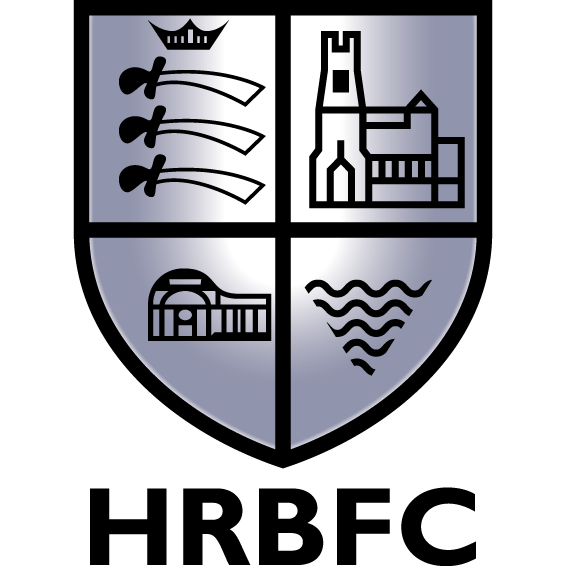


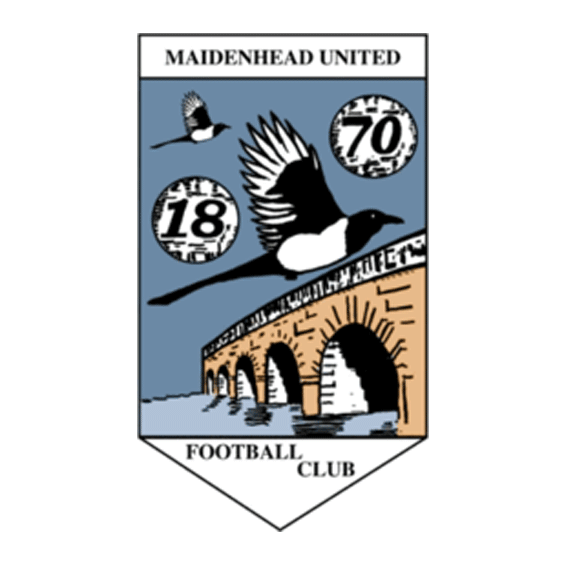

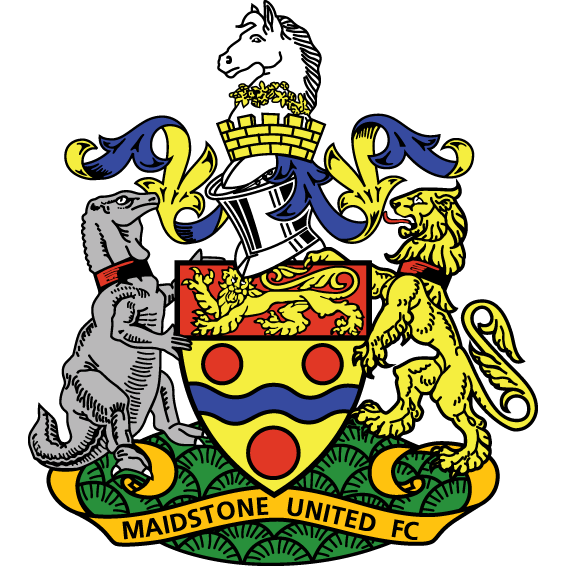
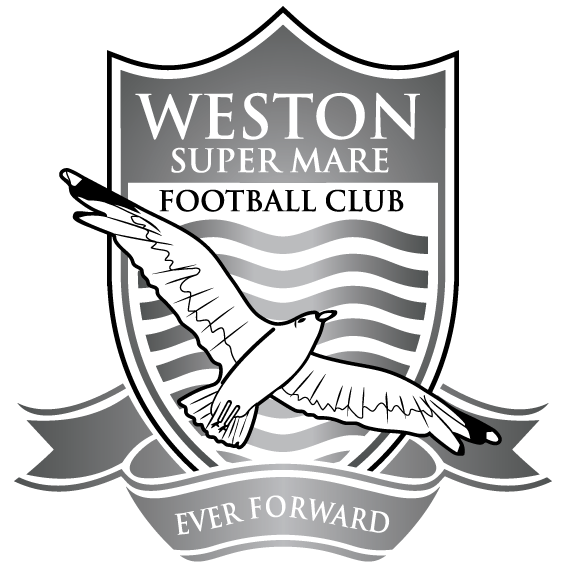
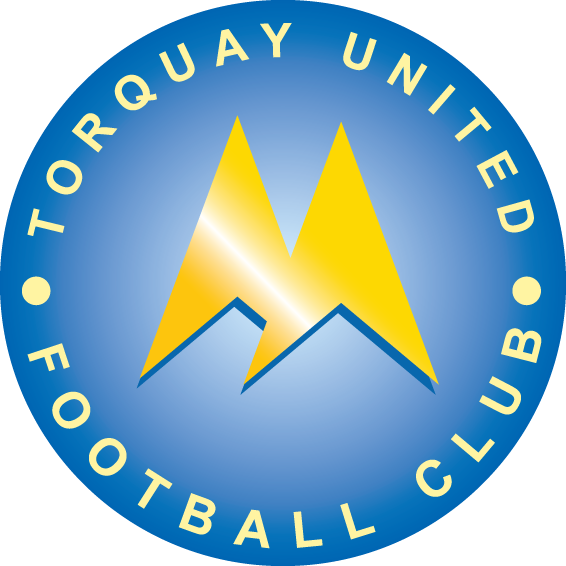
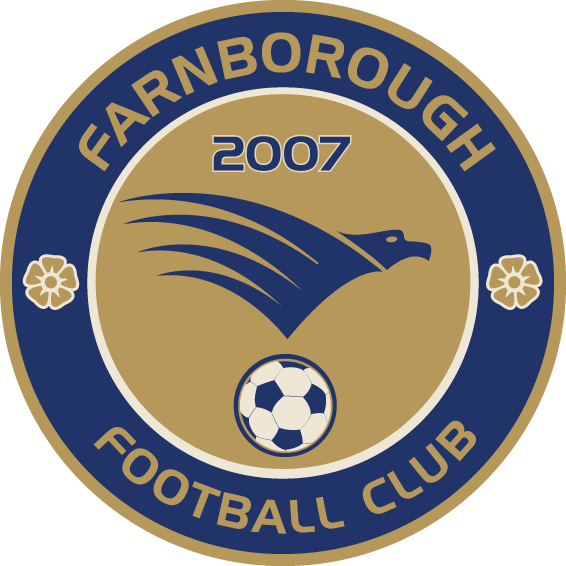
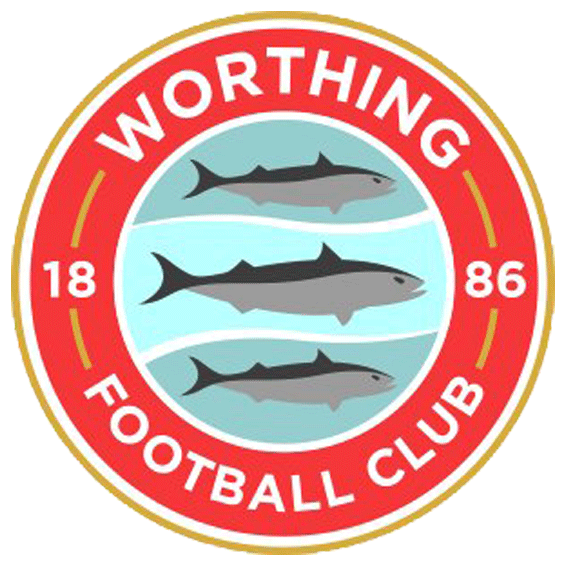
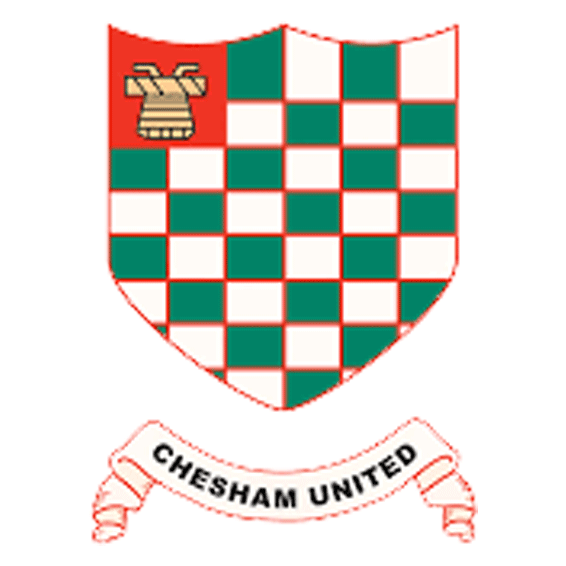
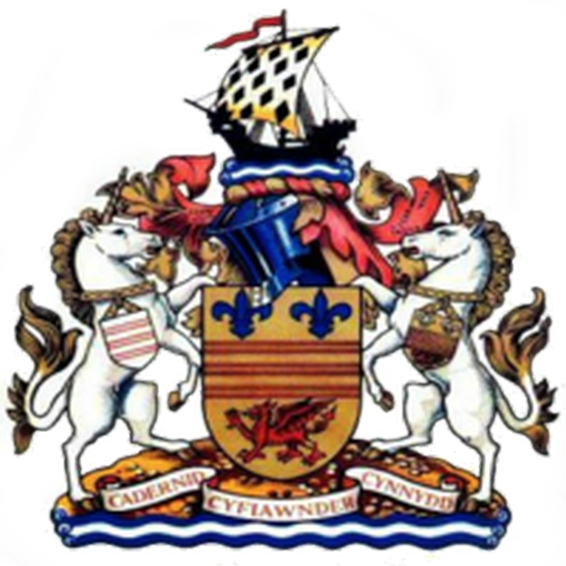
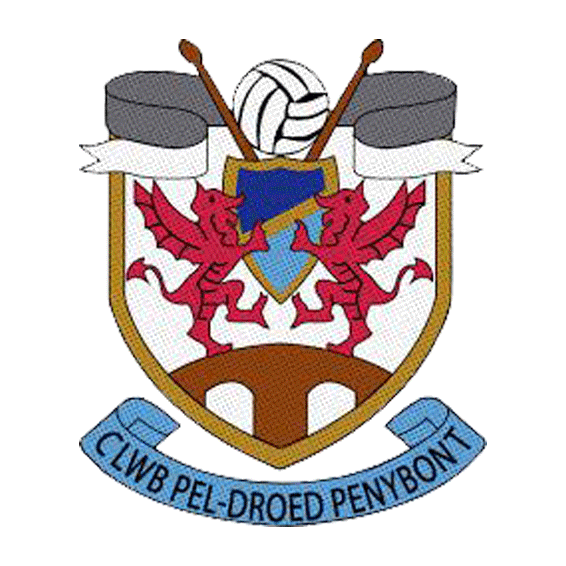

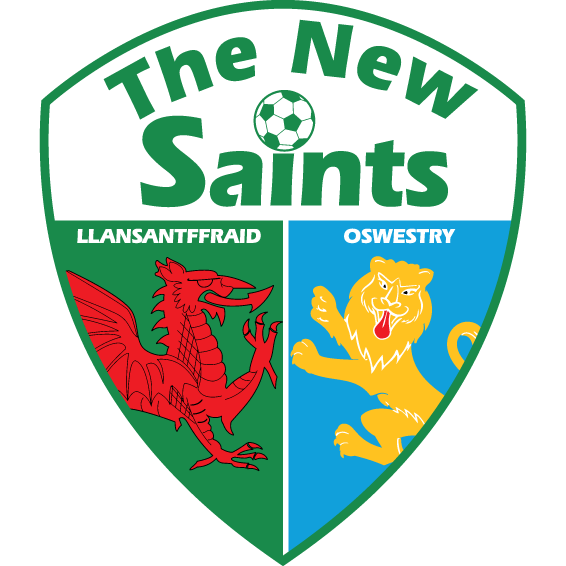
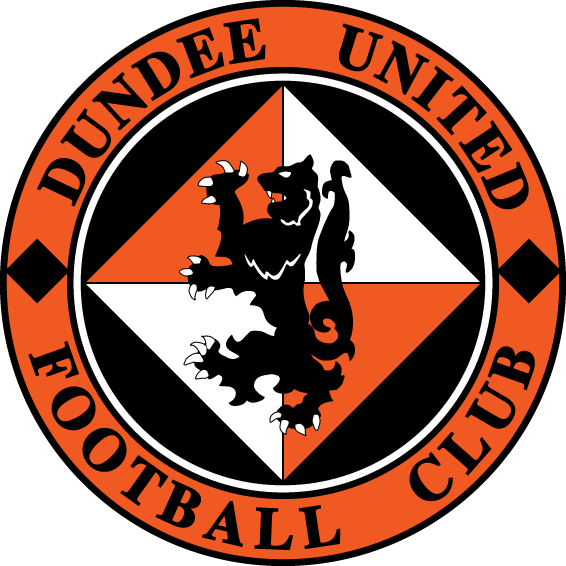
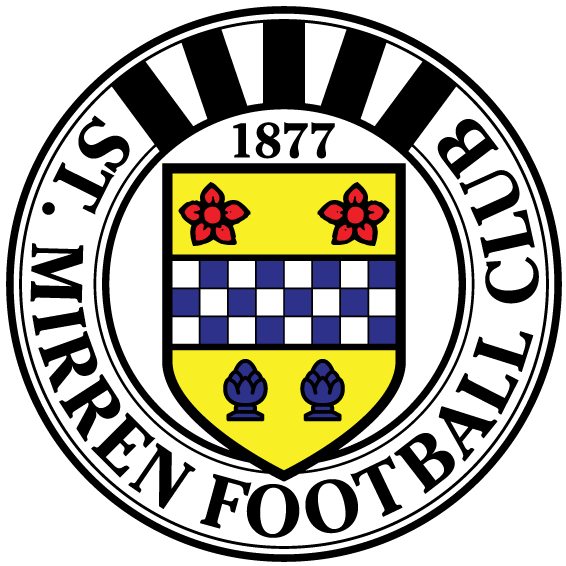
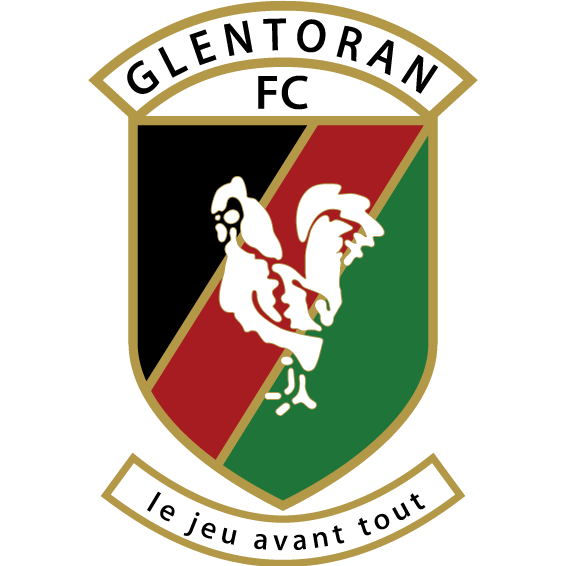
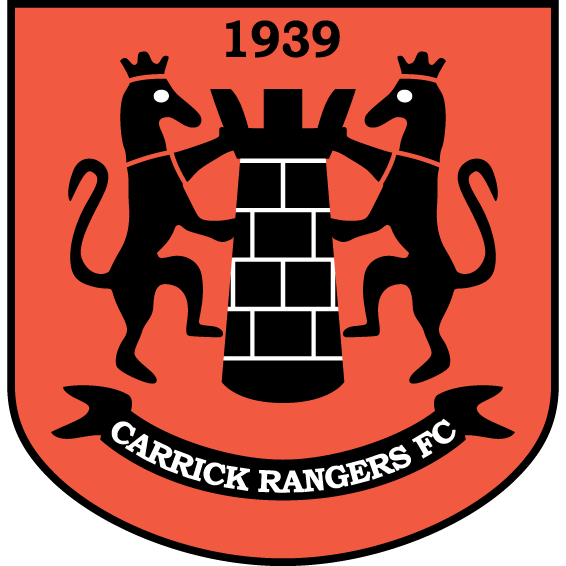
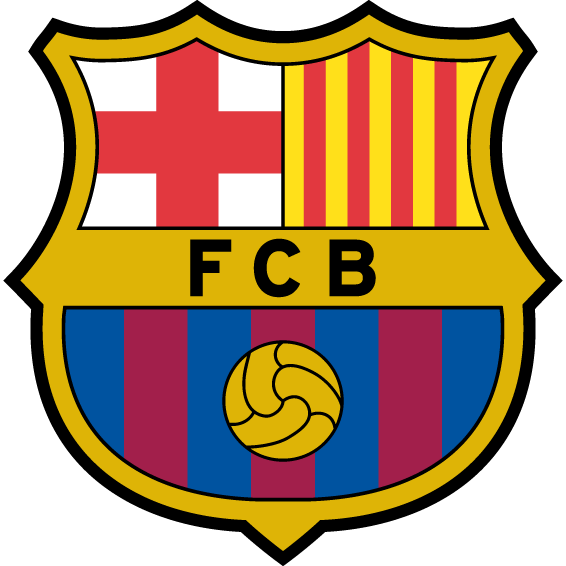
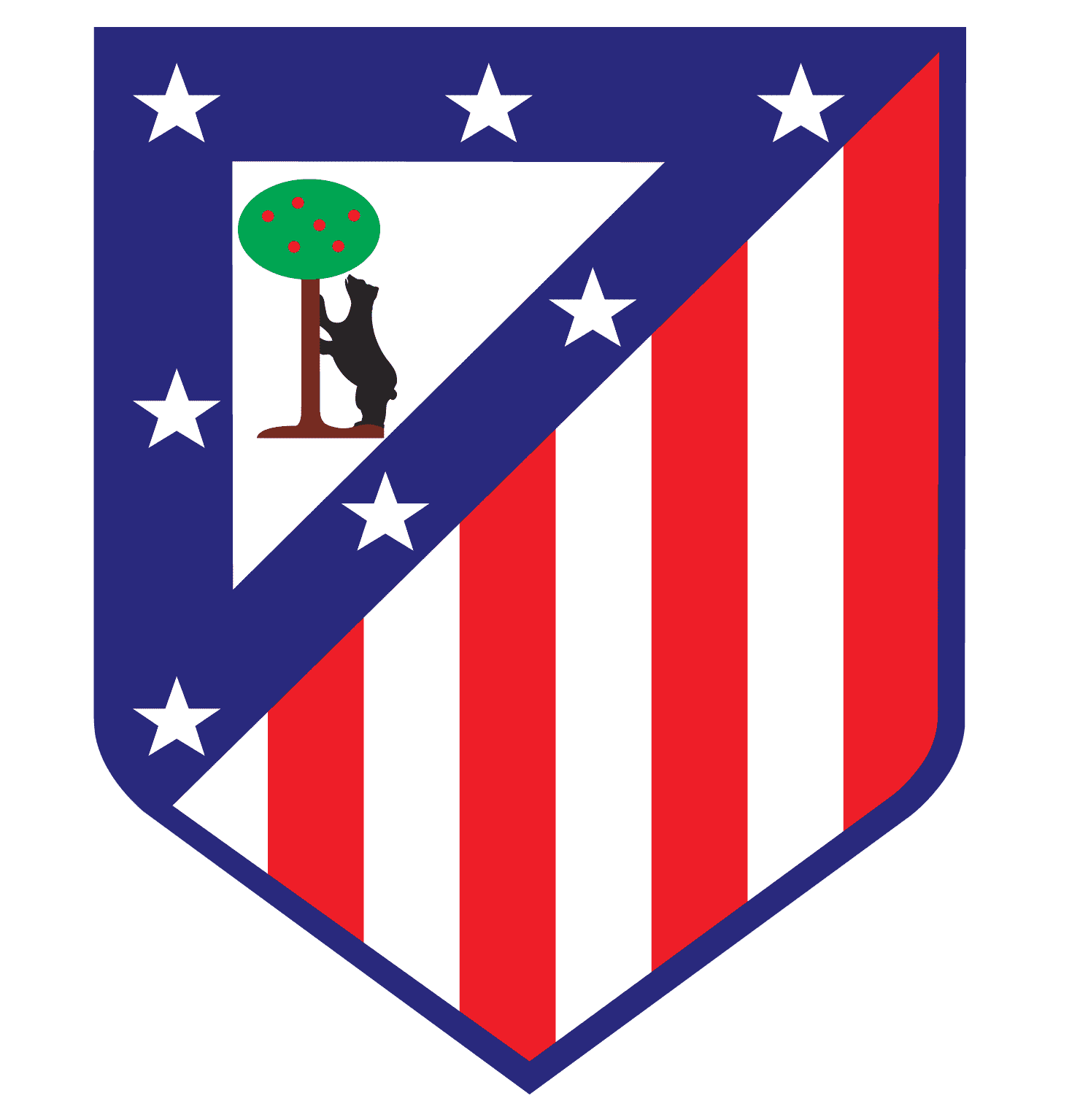
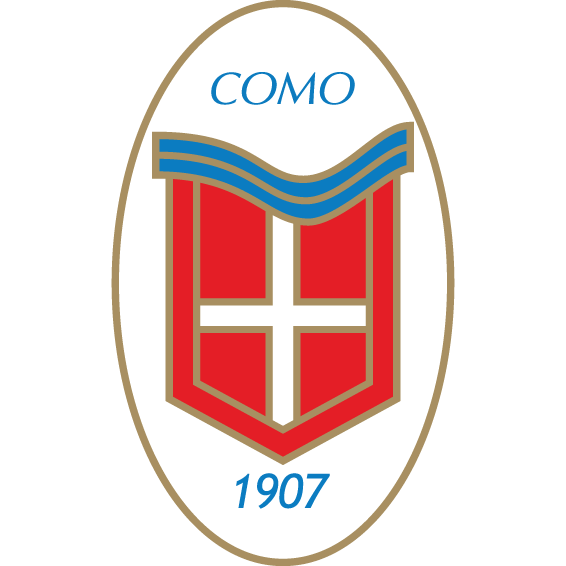
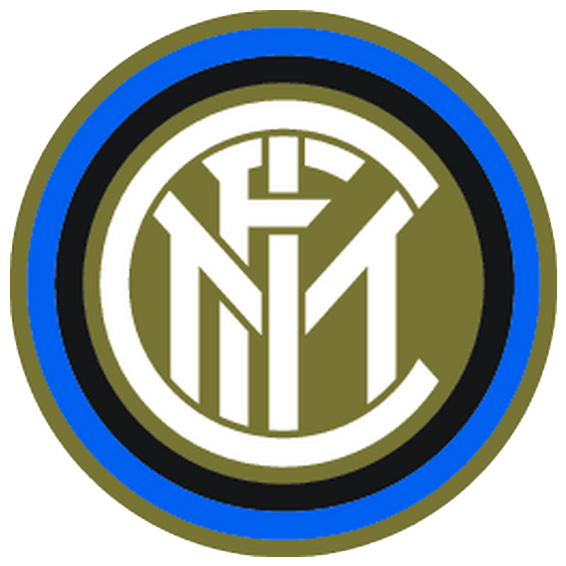
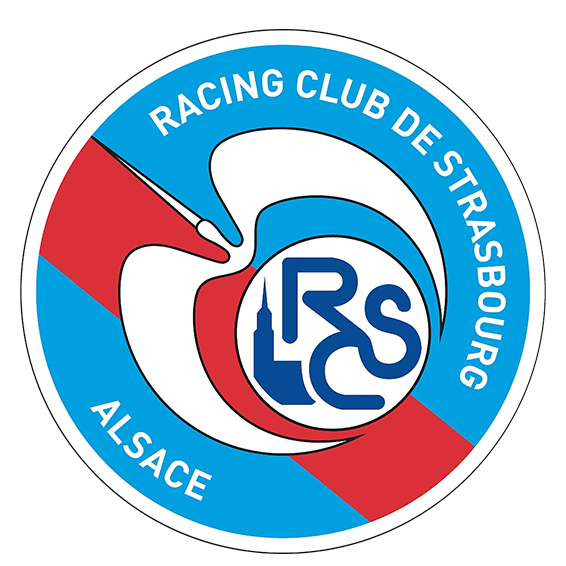
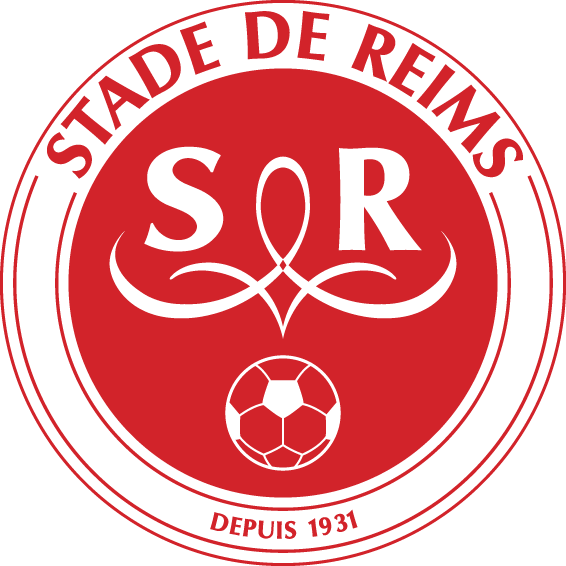
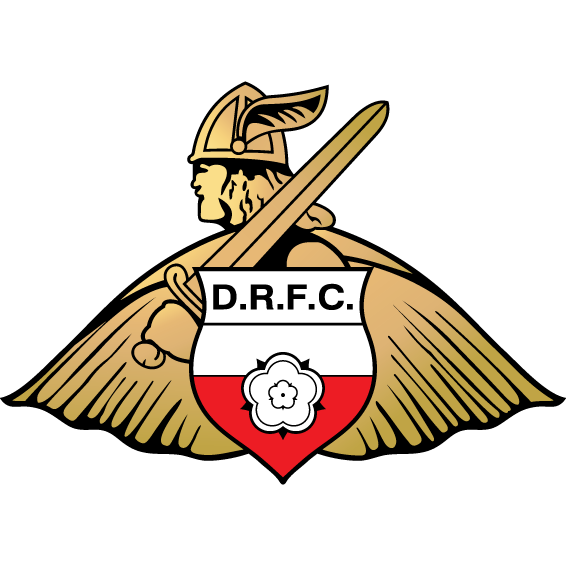
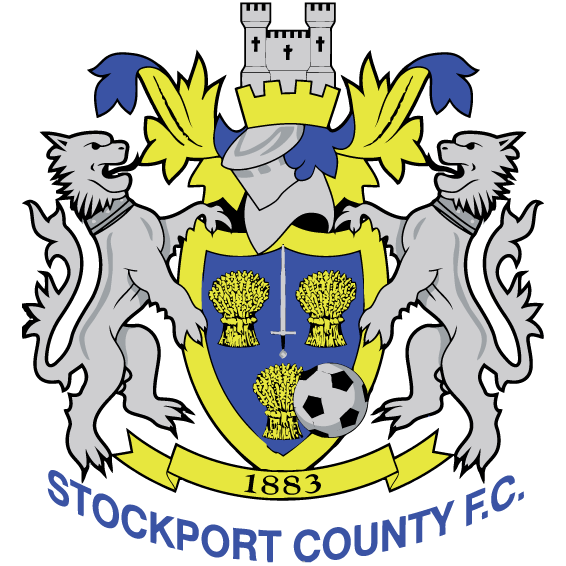
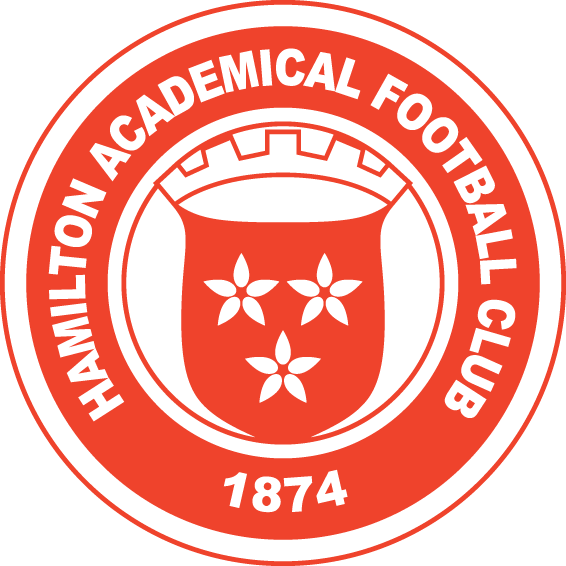
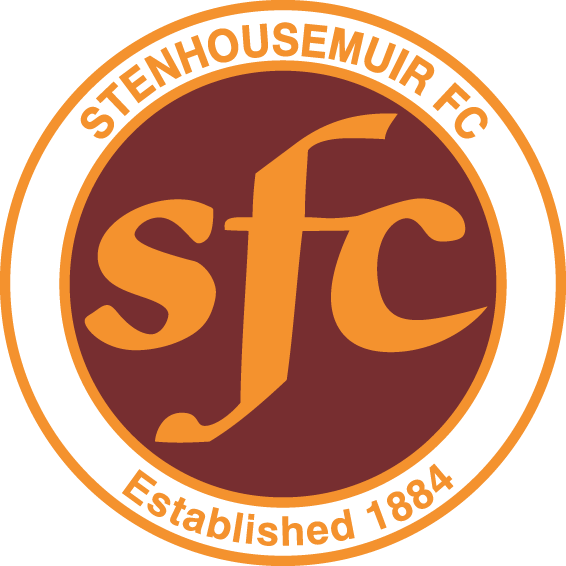
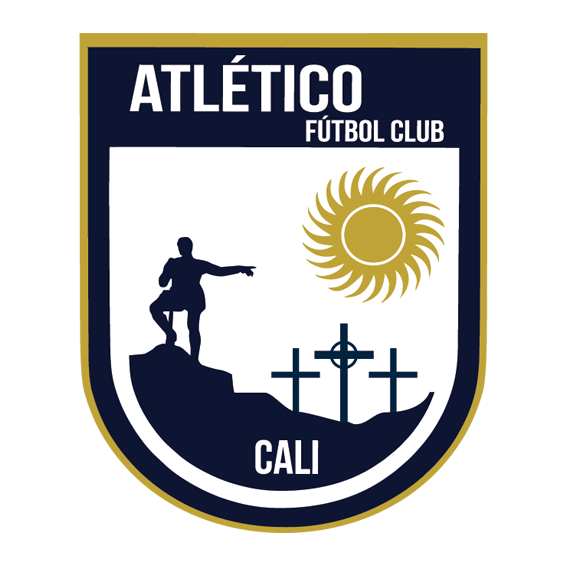
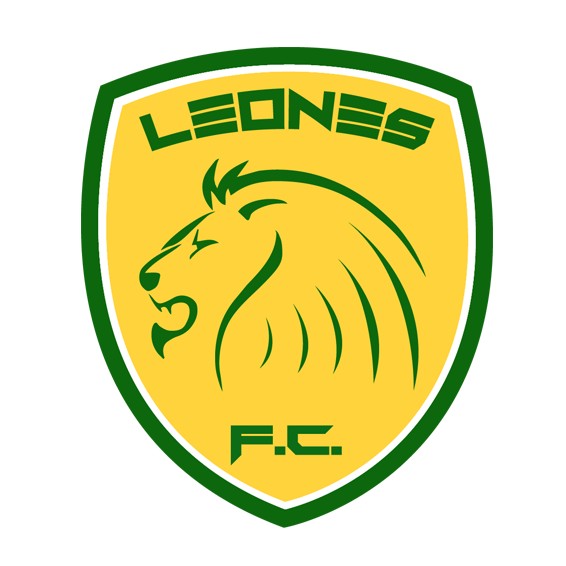
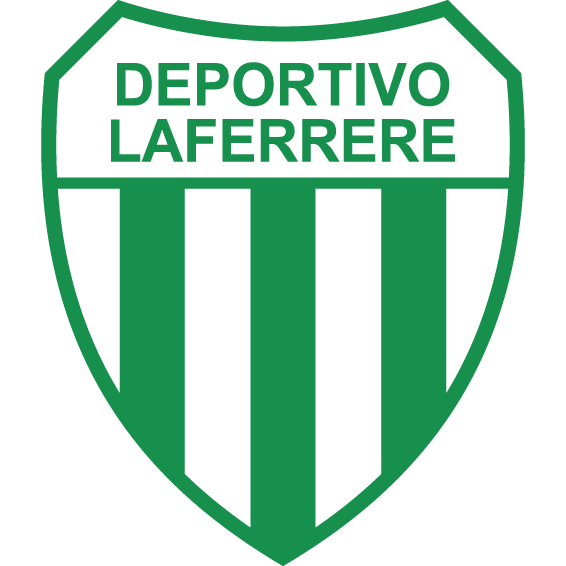

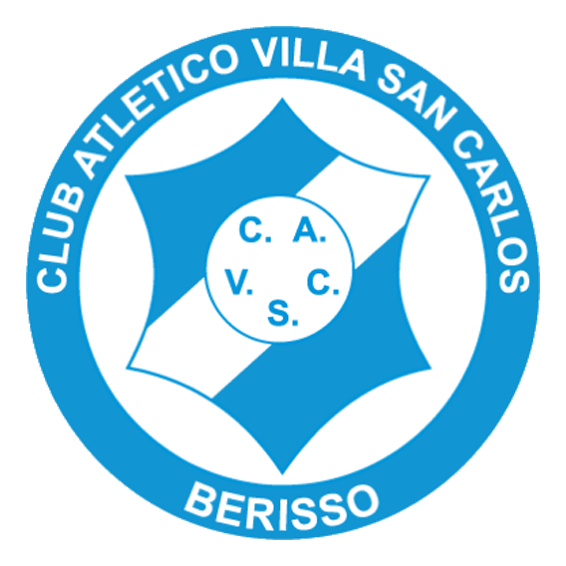
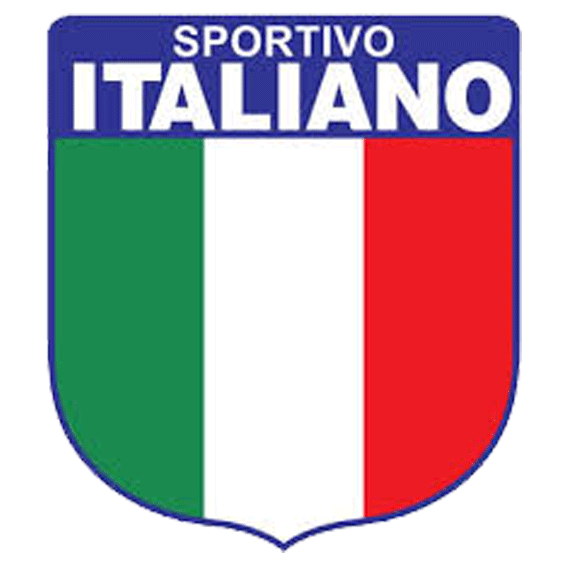

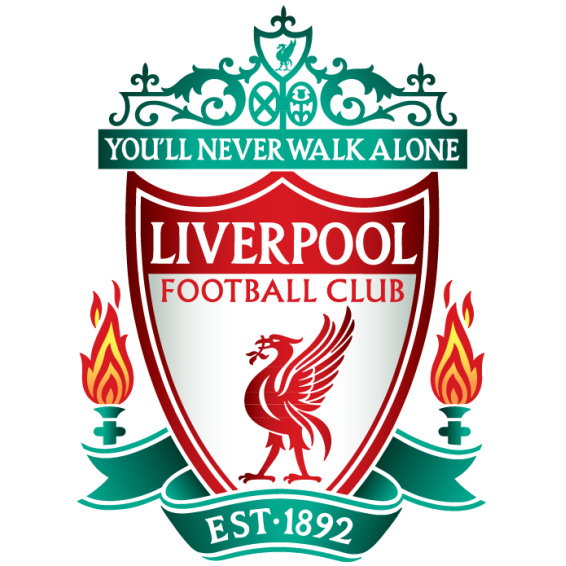
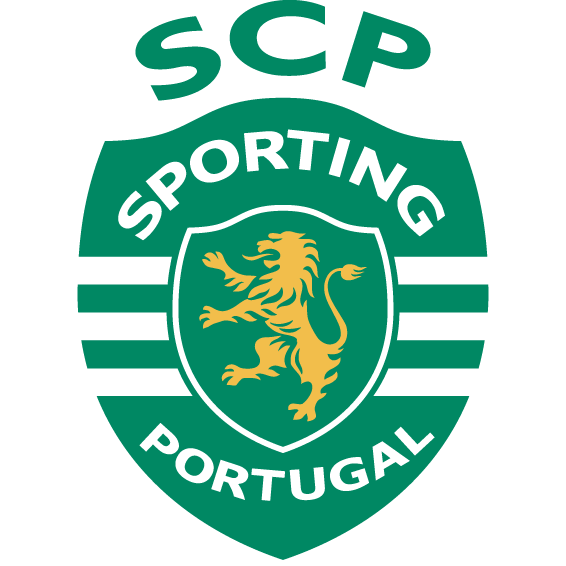
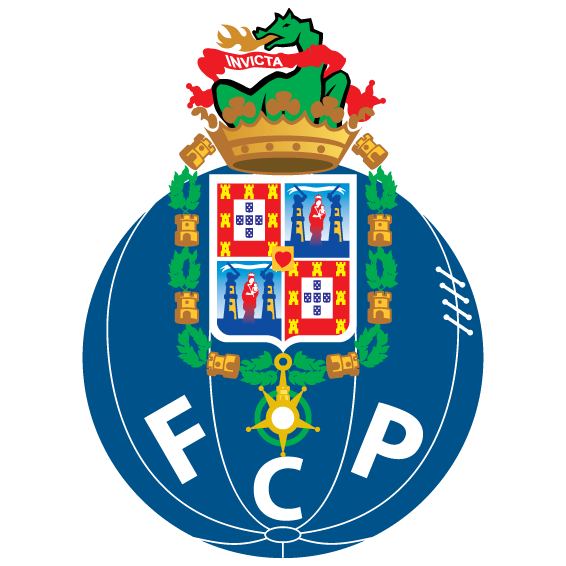
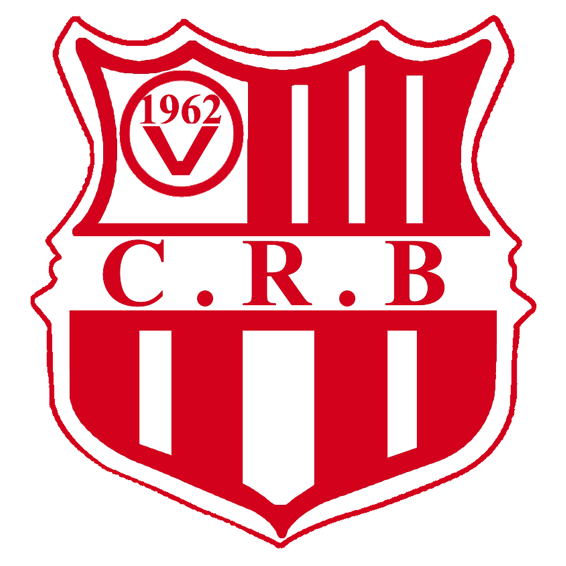
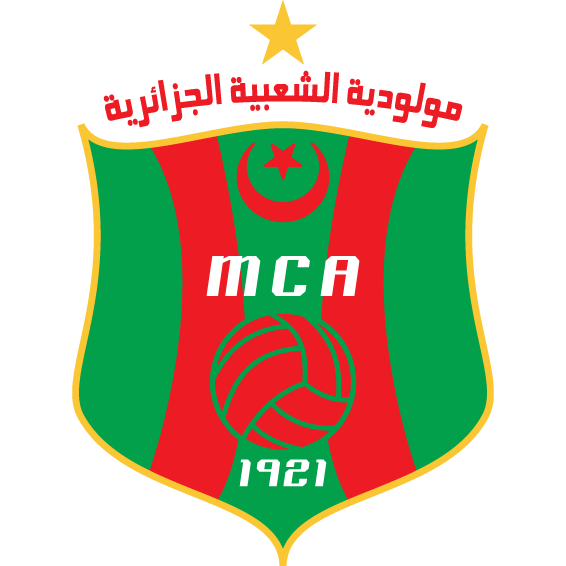























There are no comments yet. Be the first to comment!